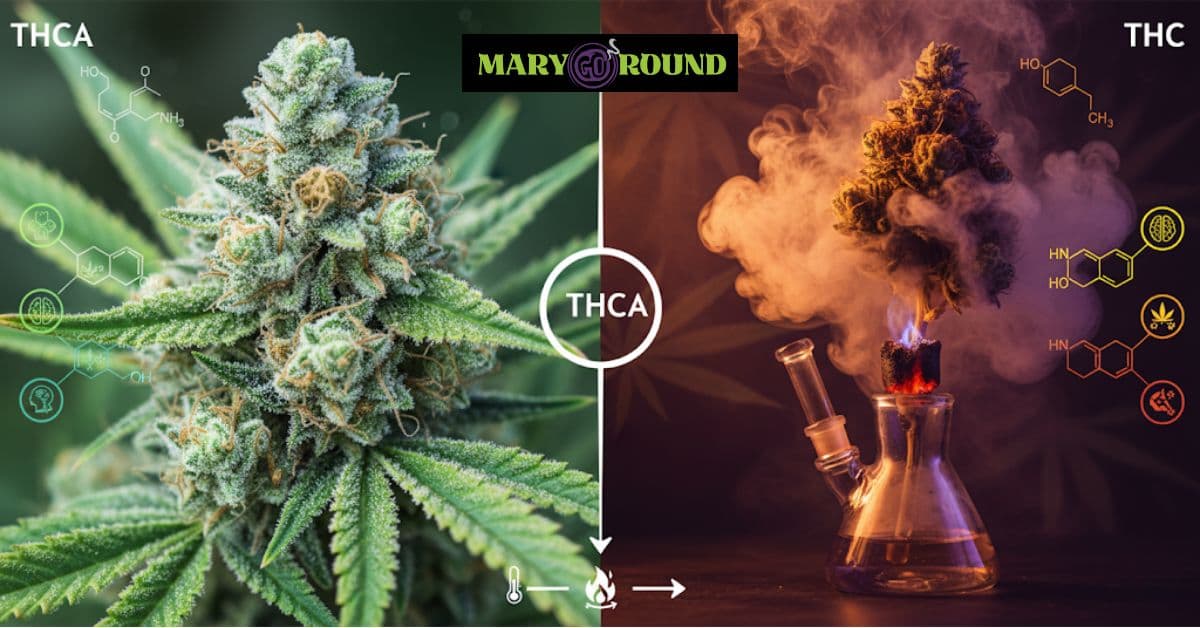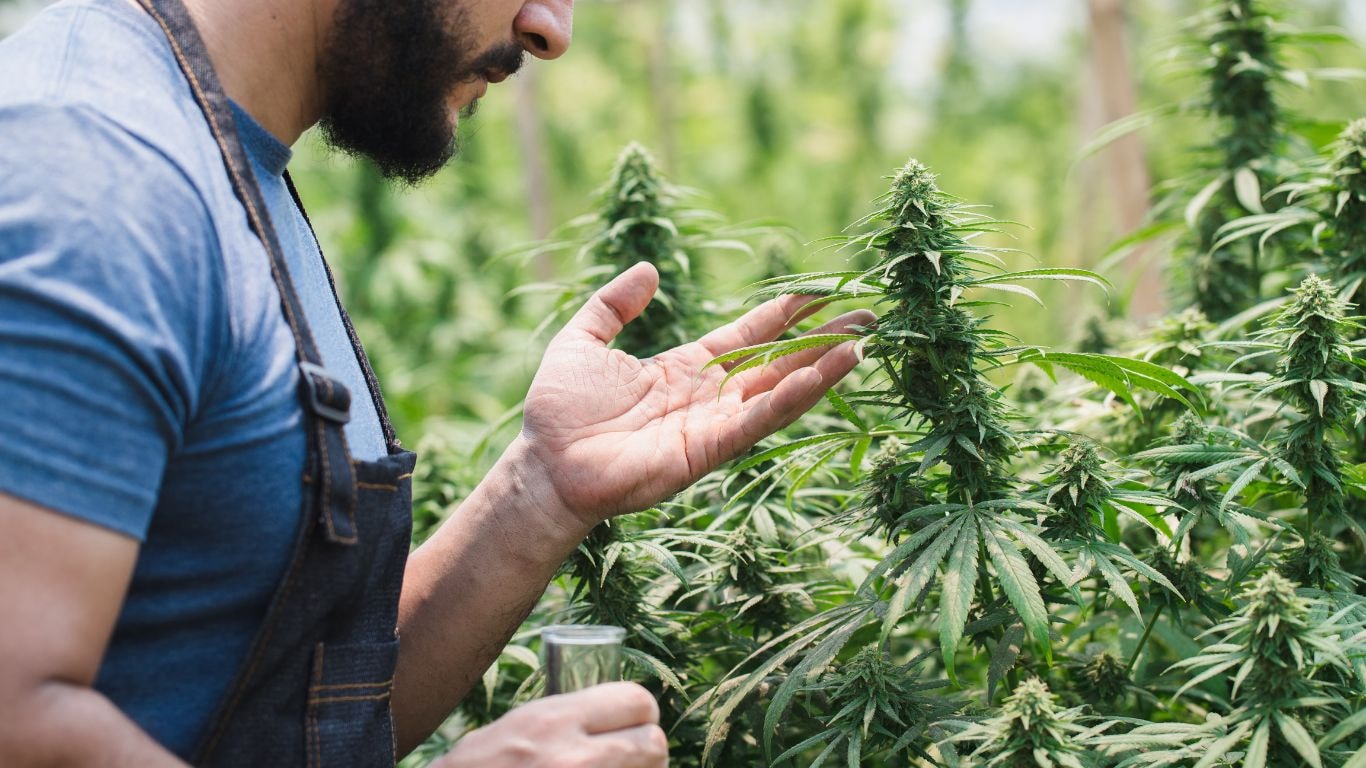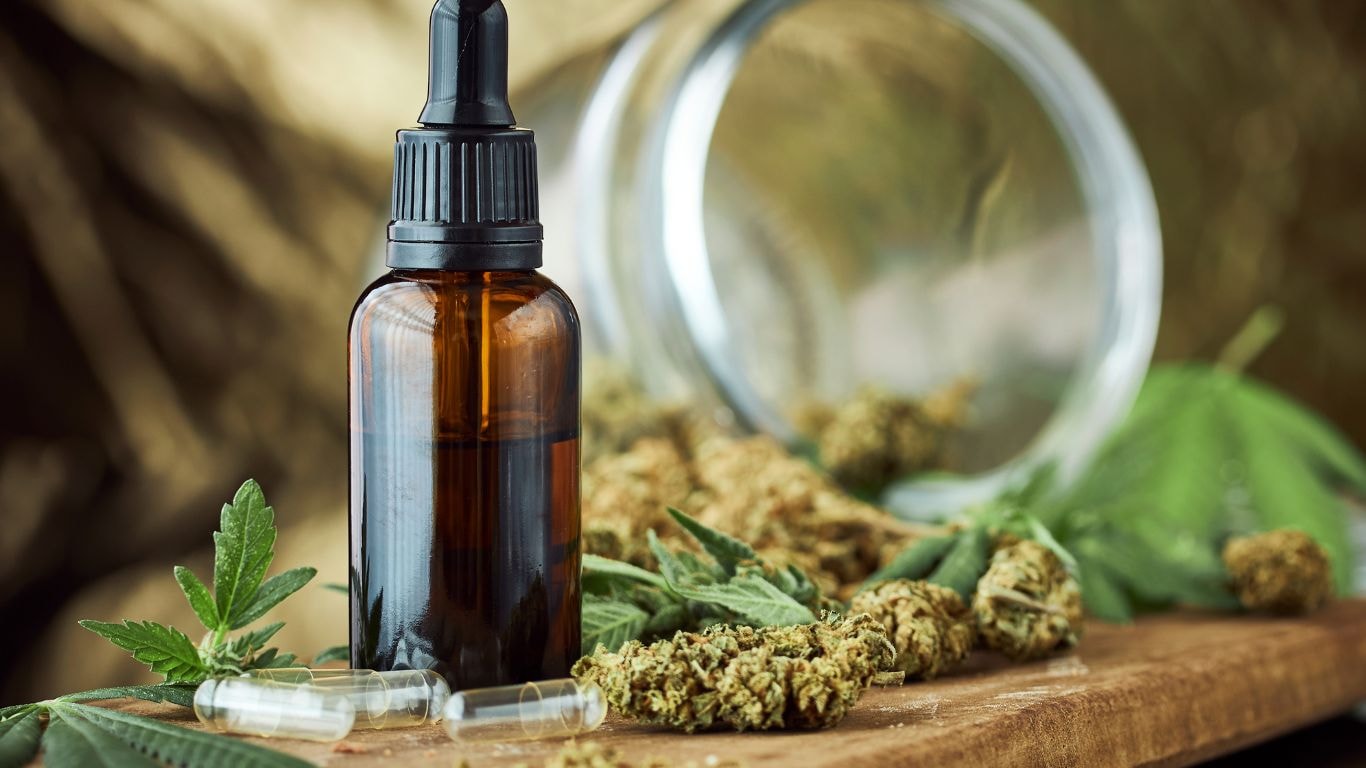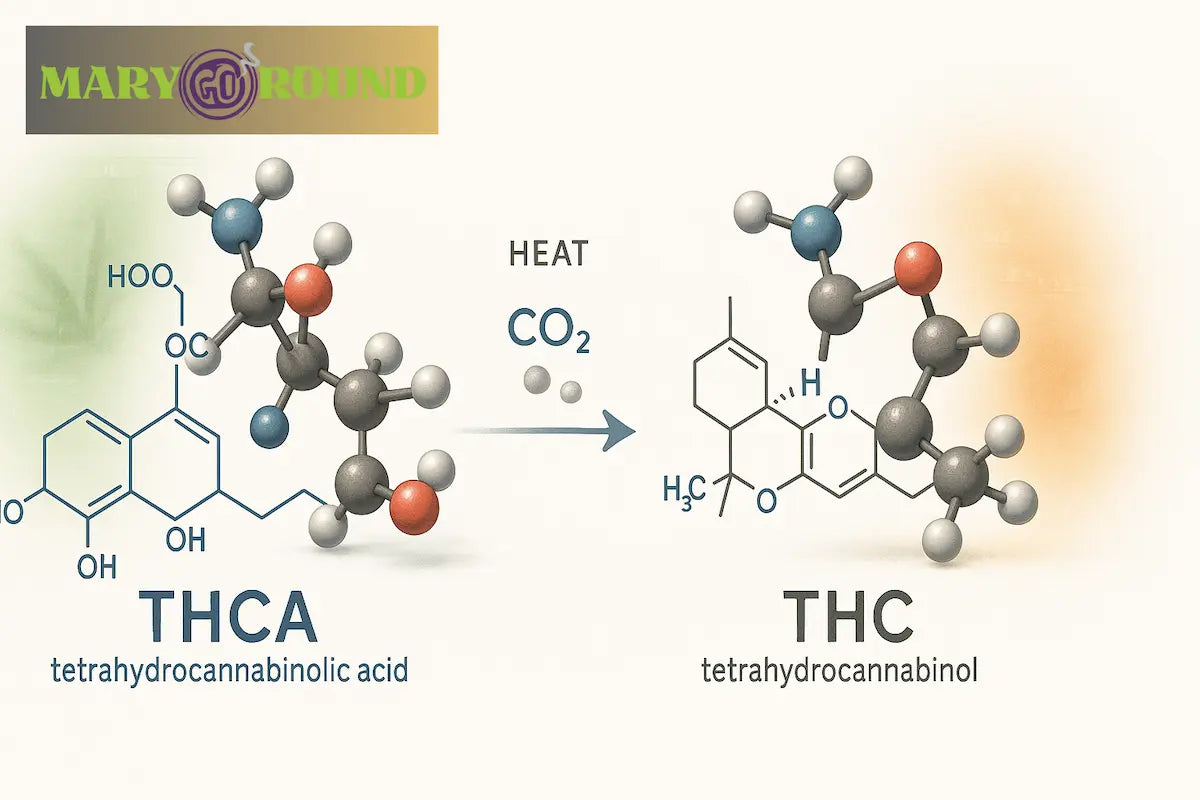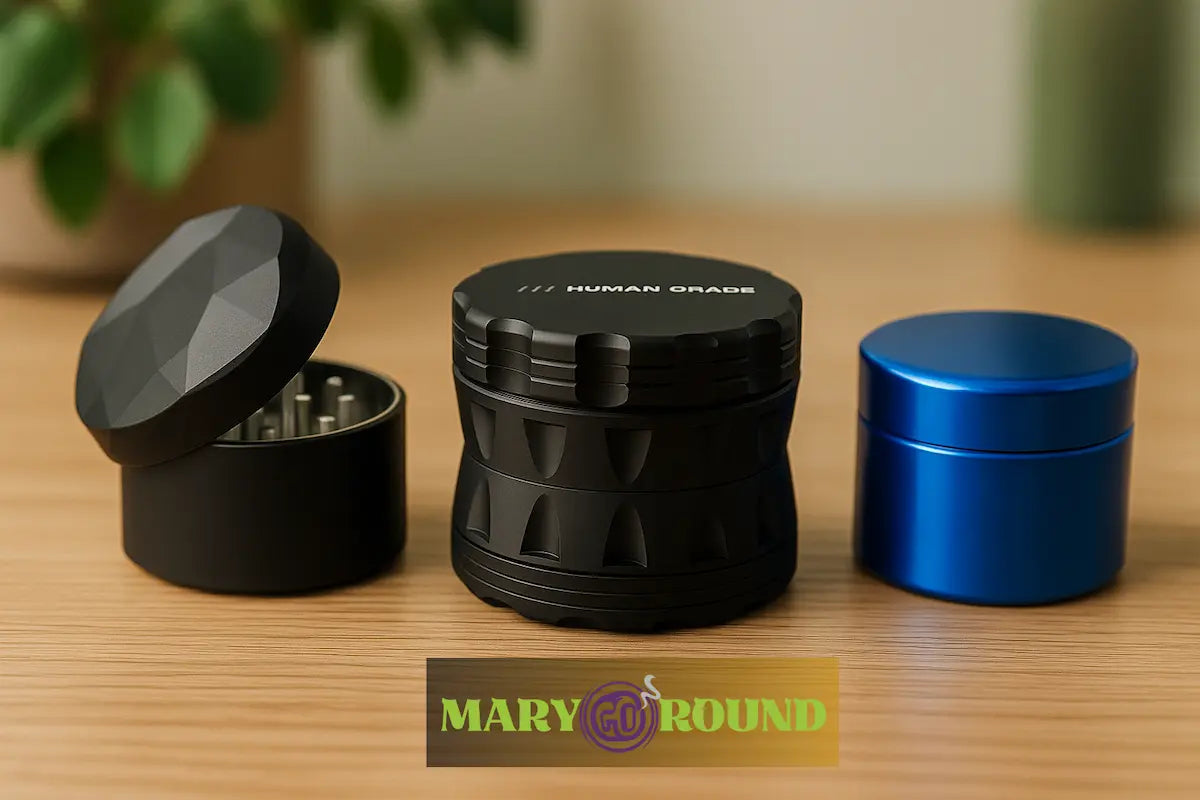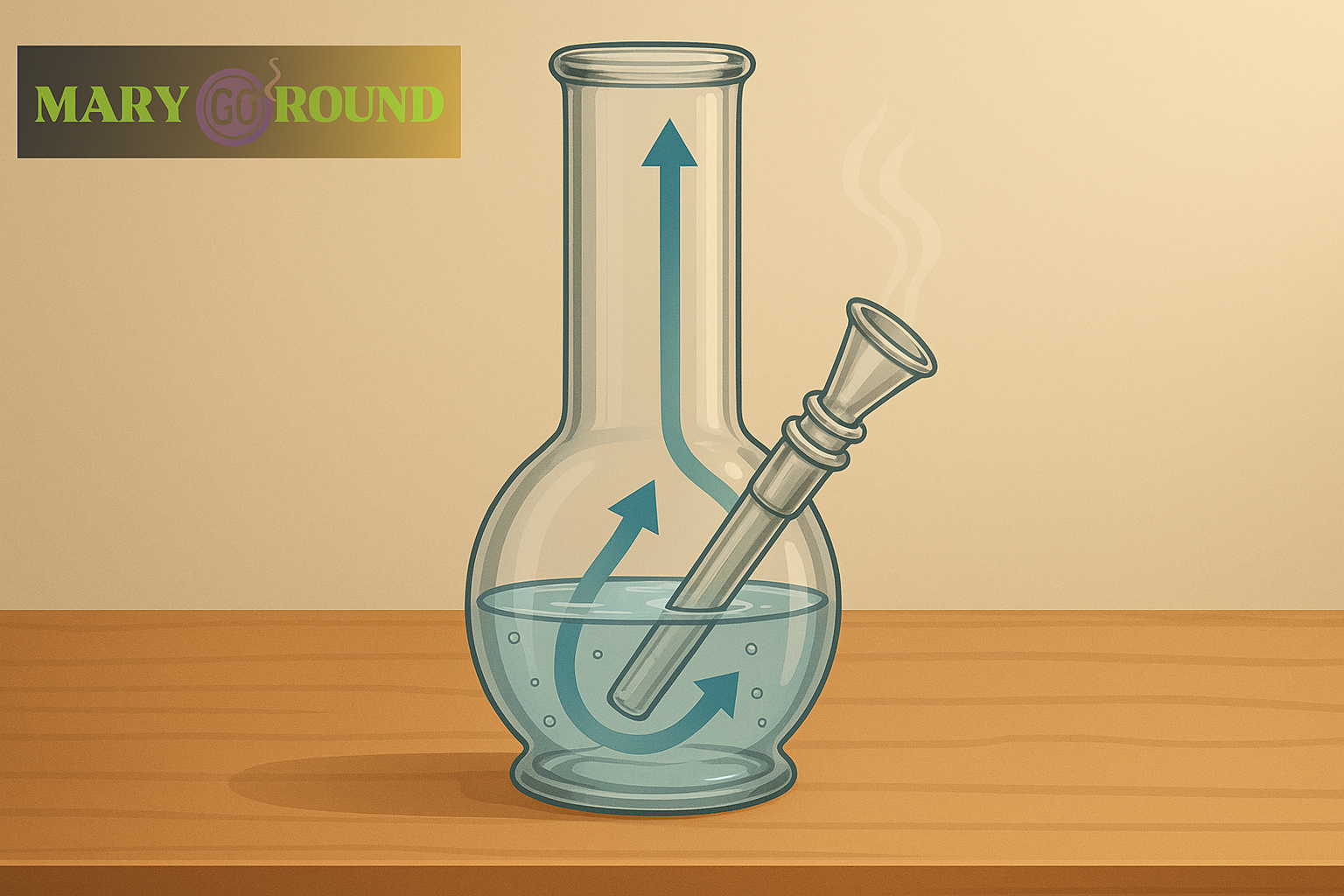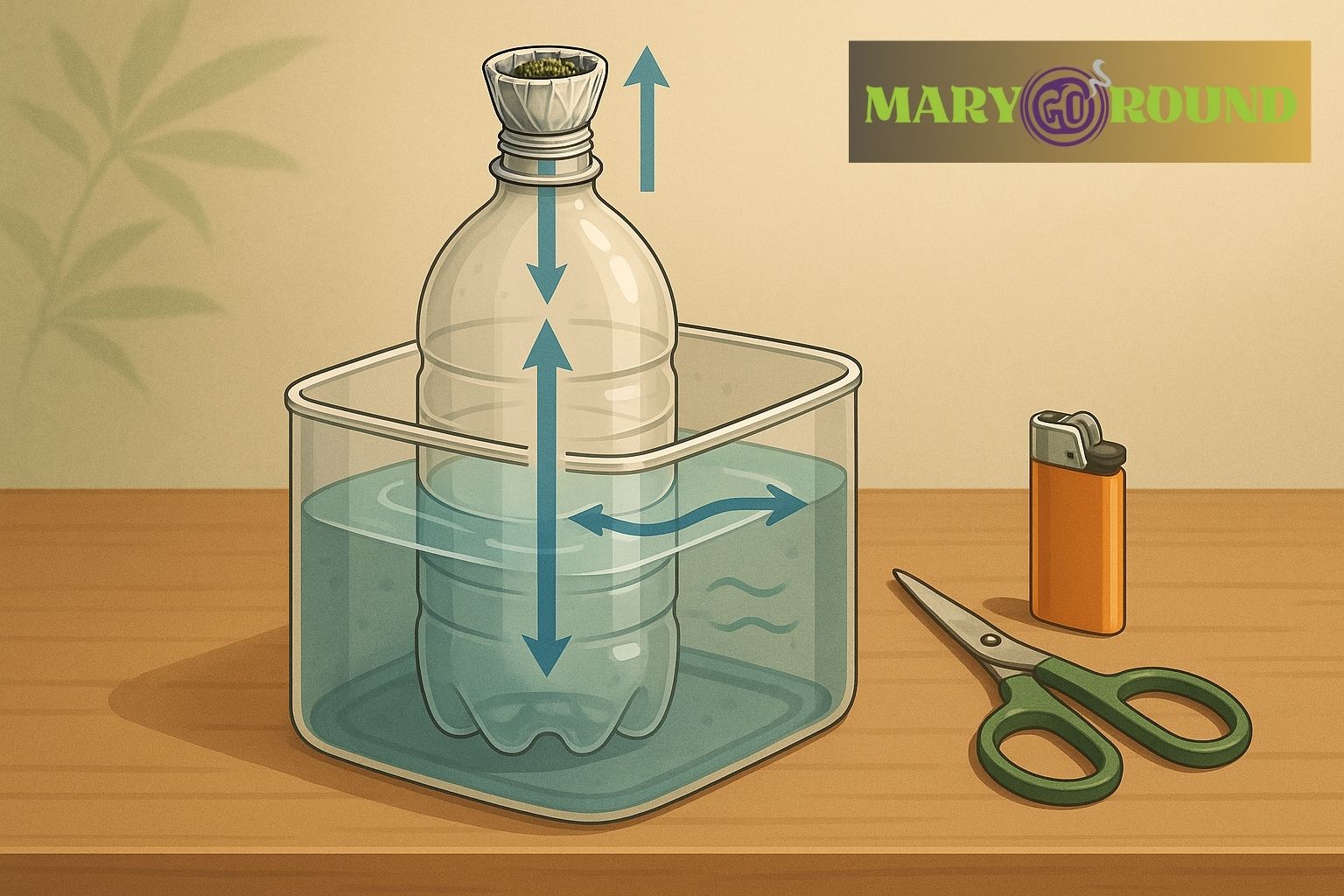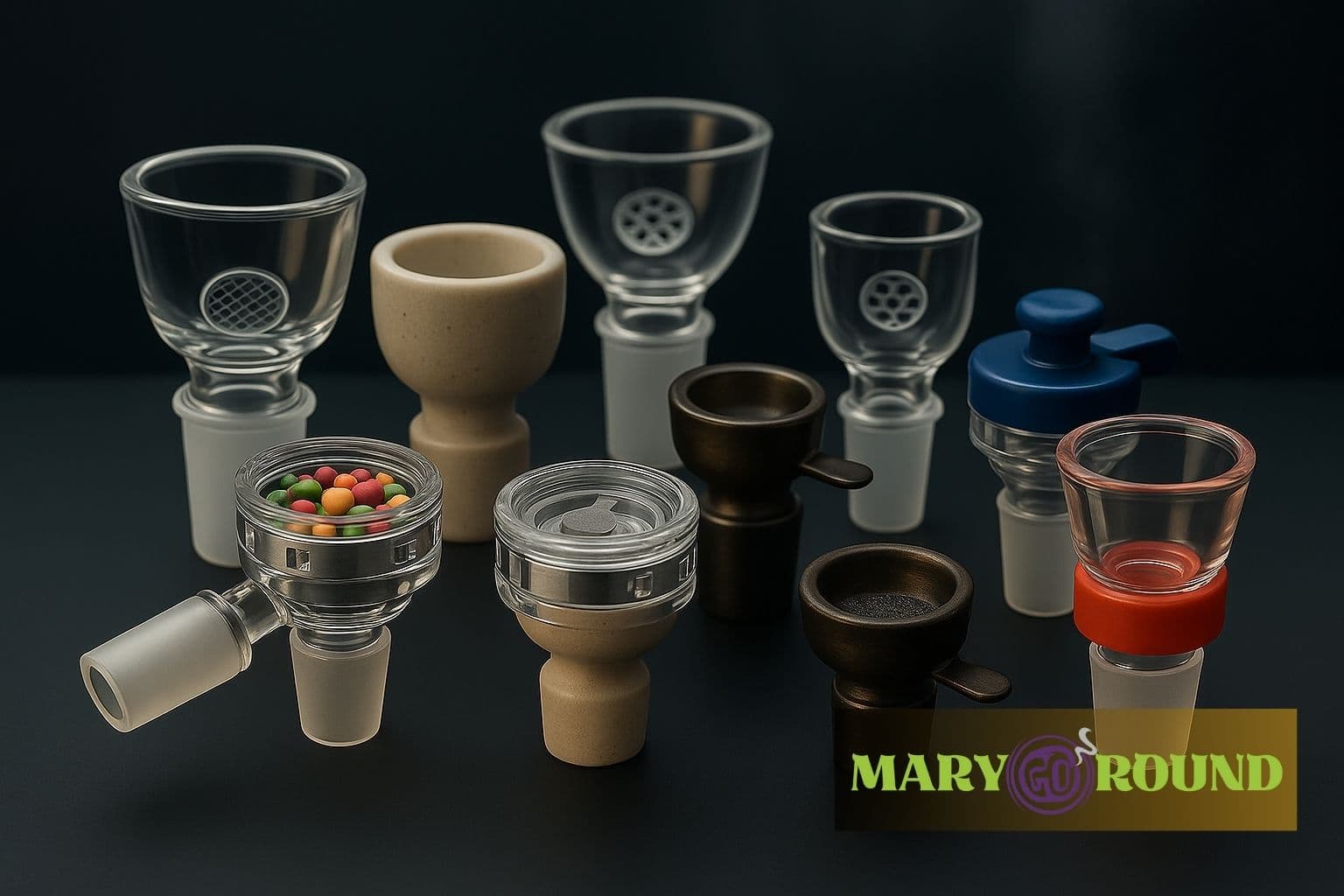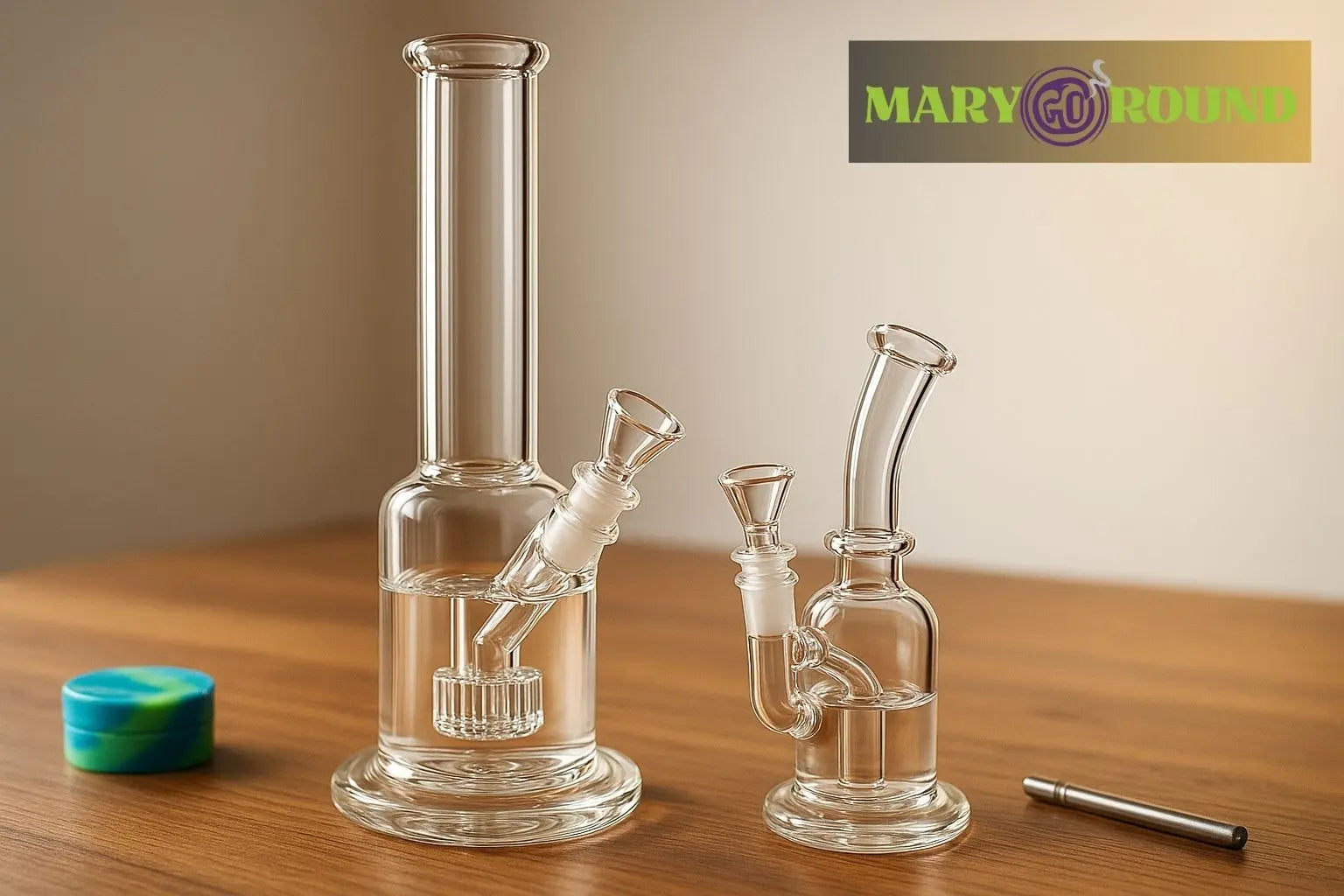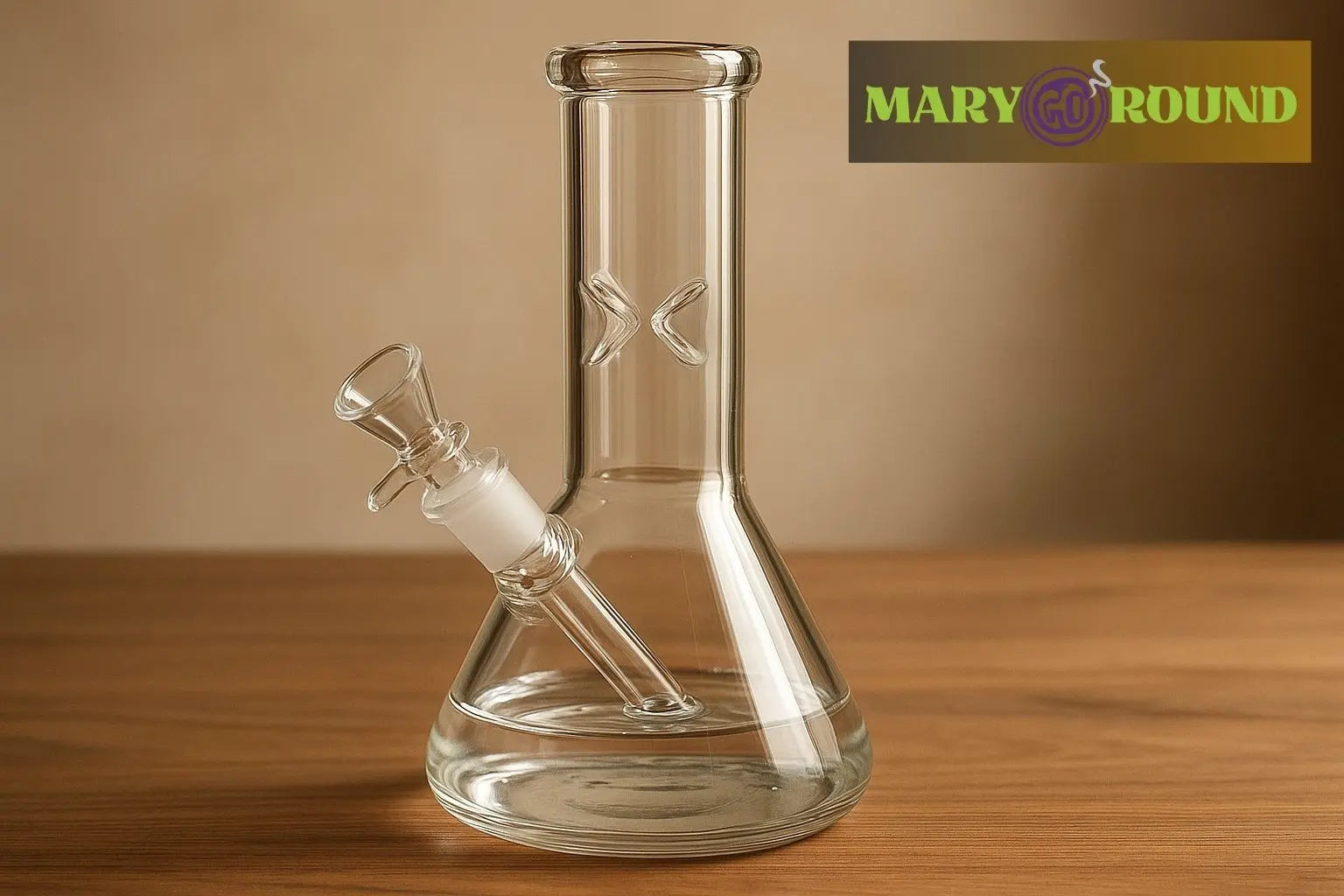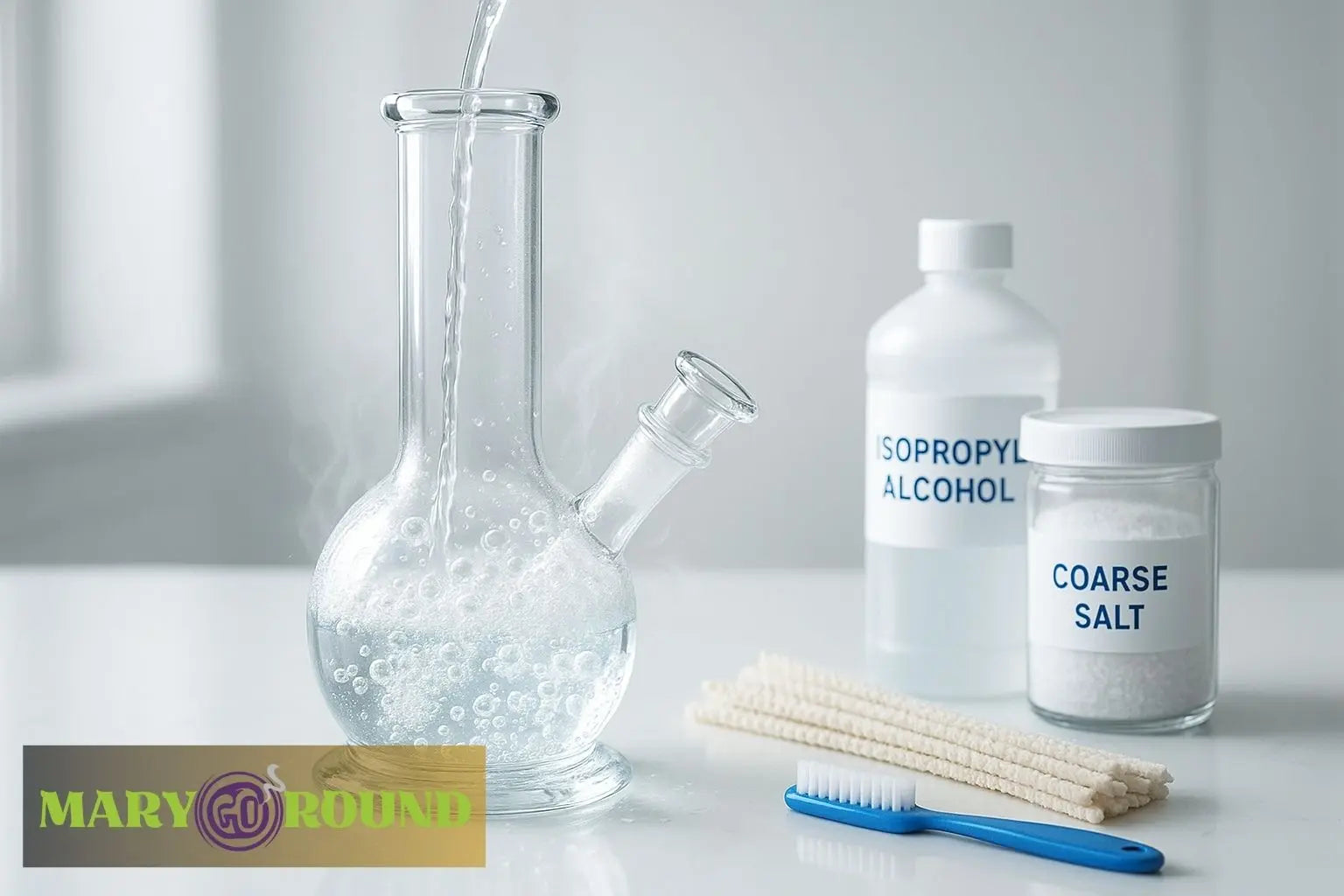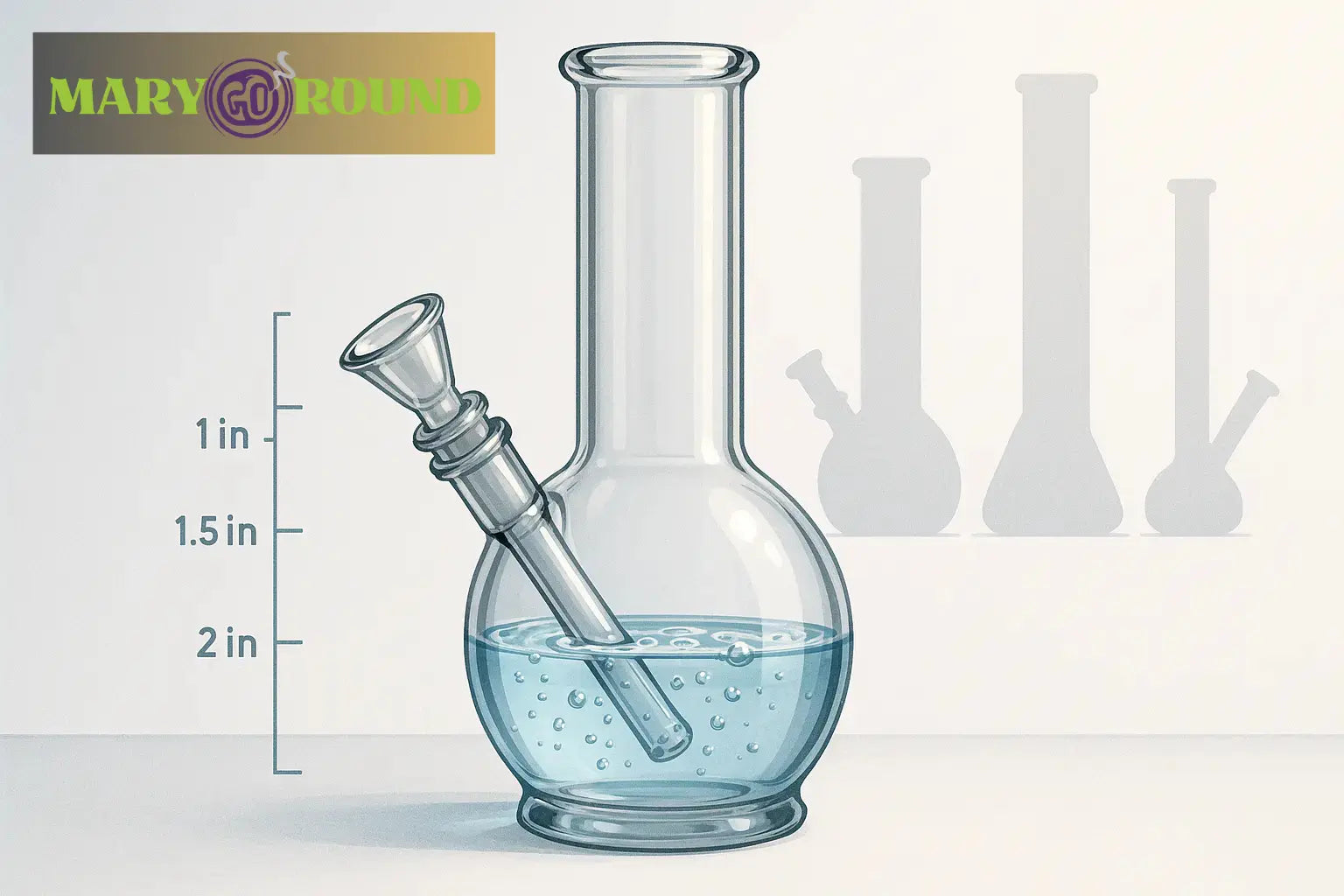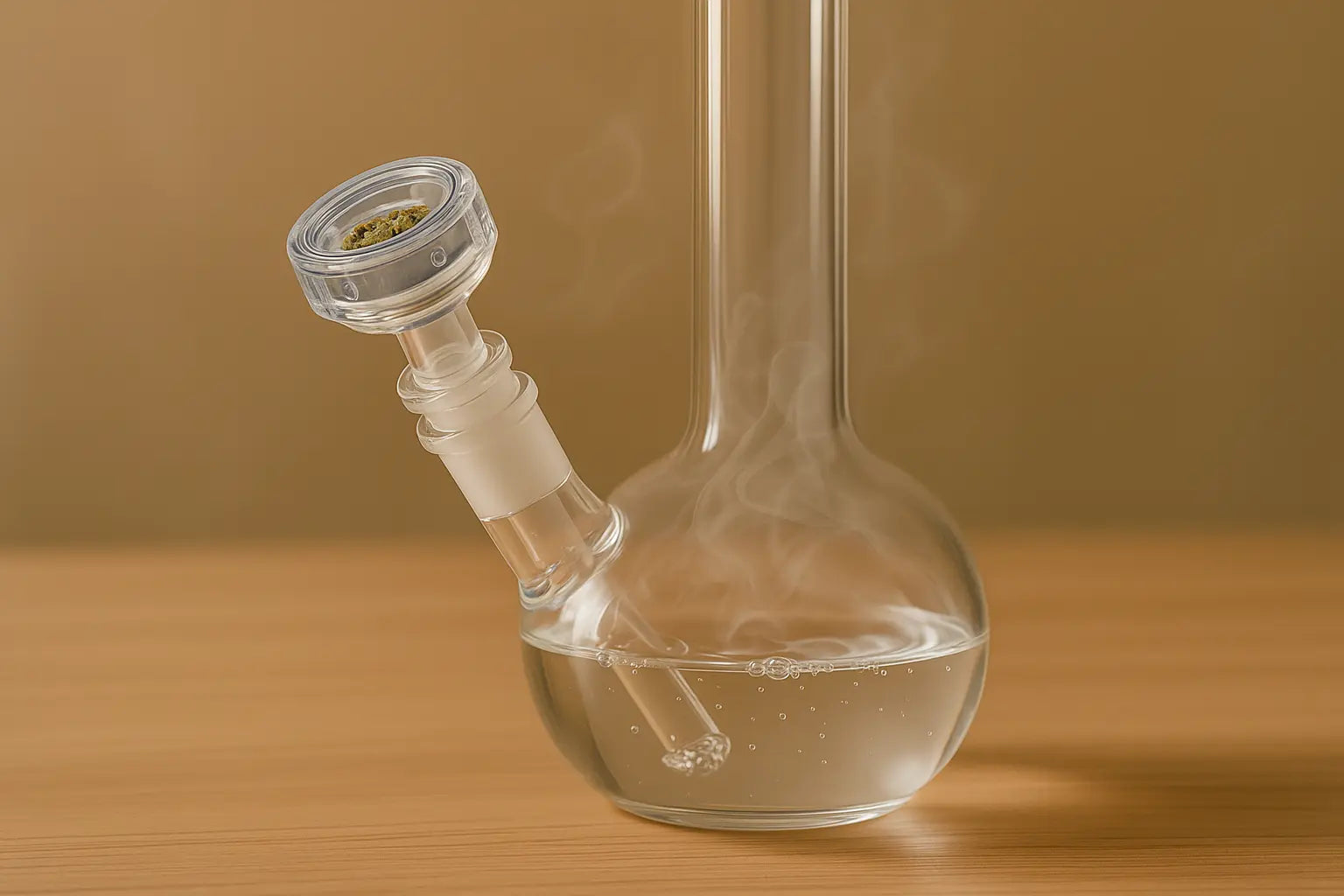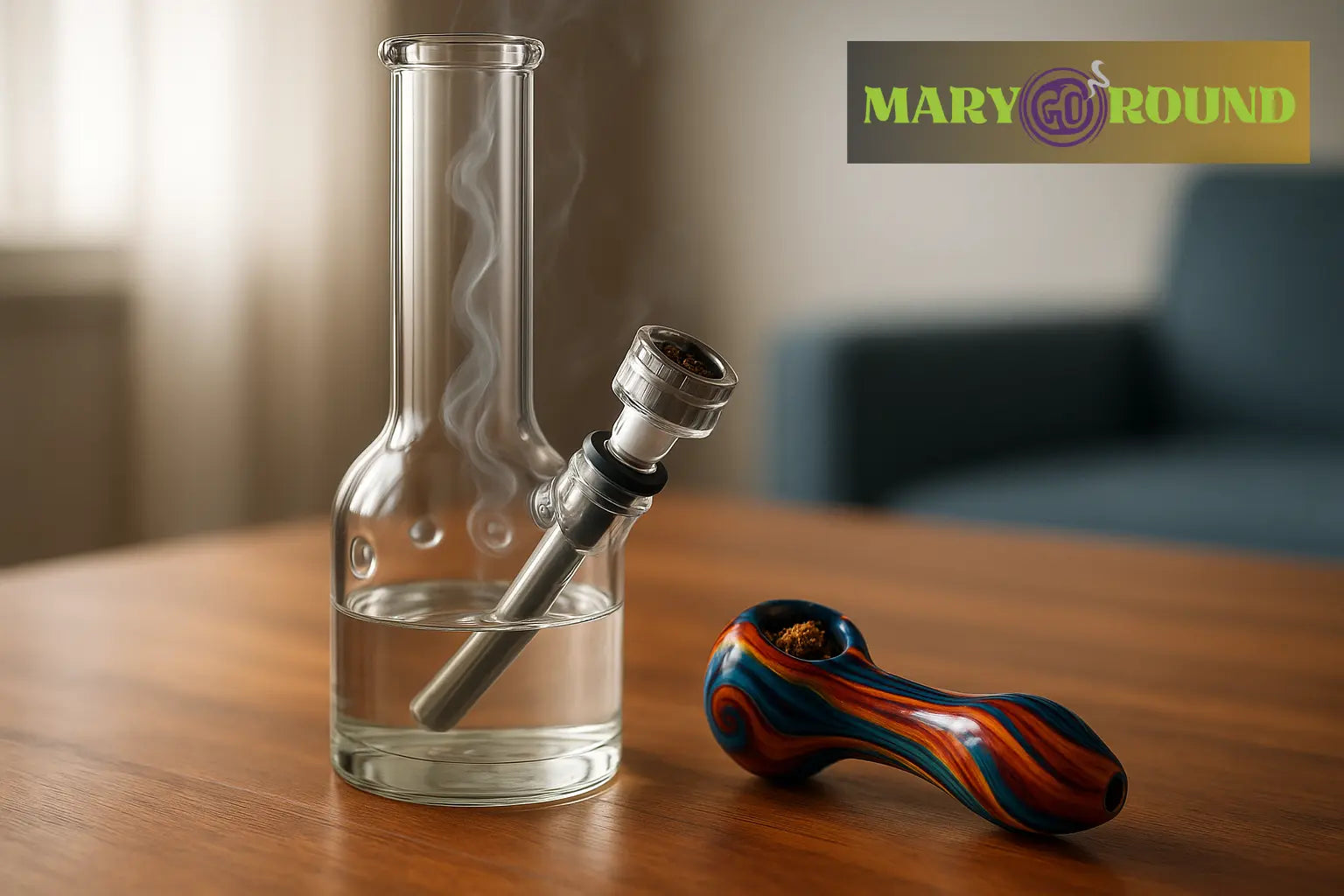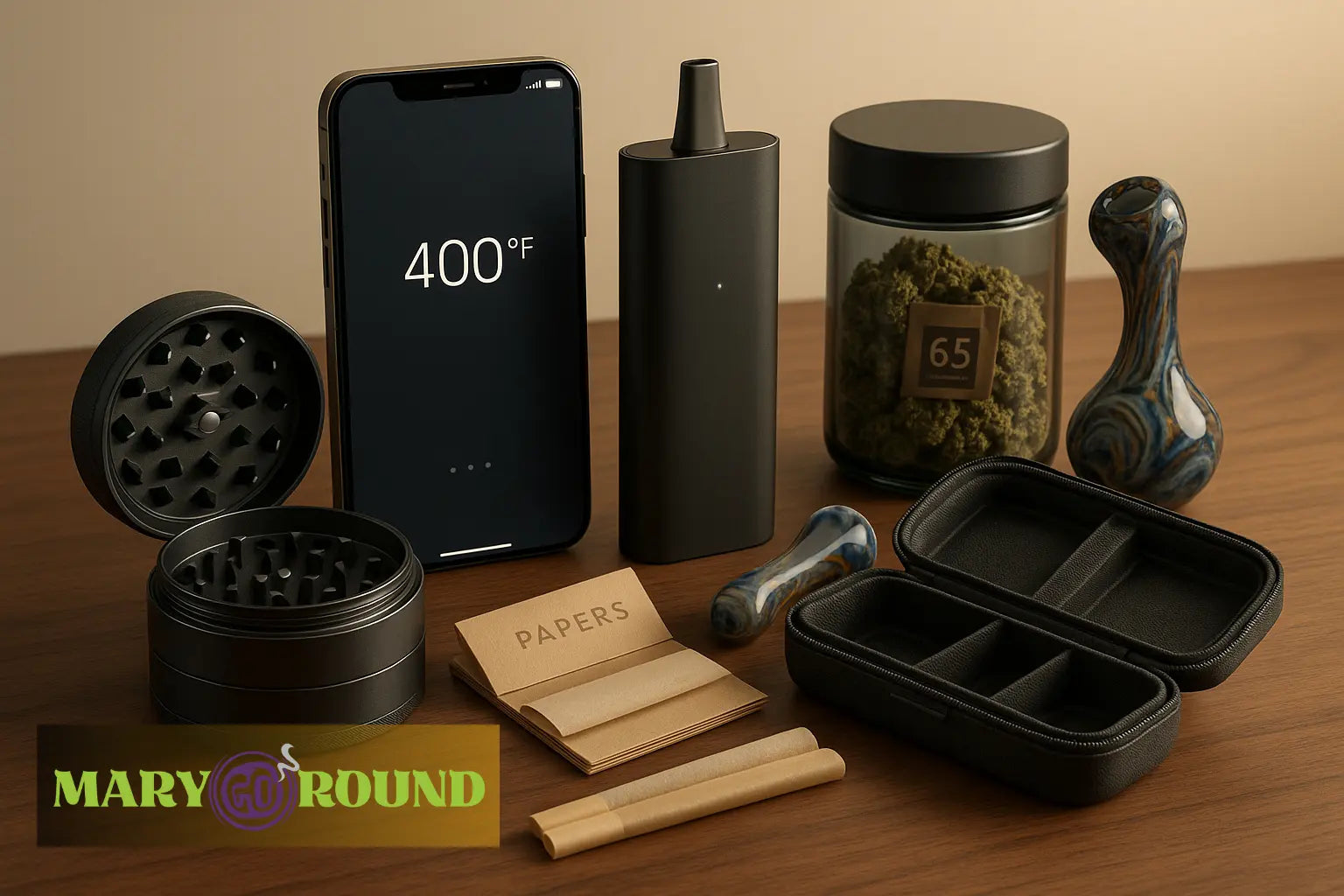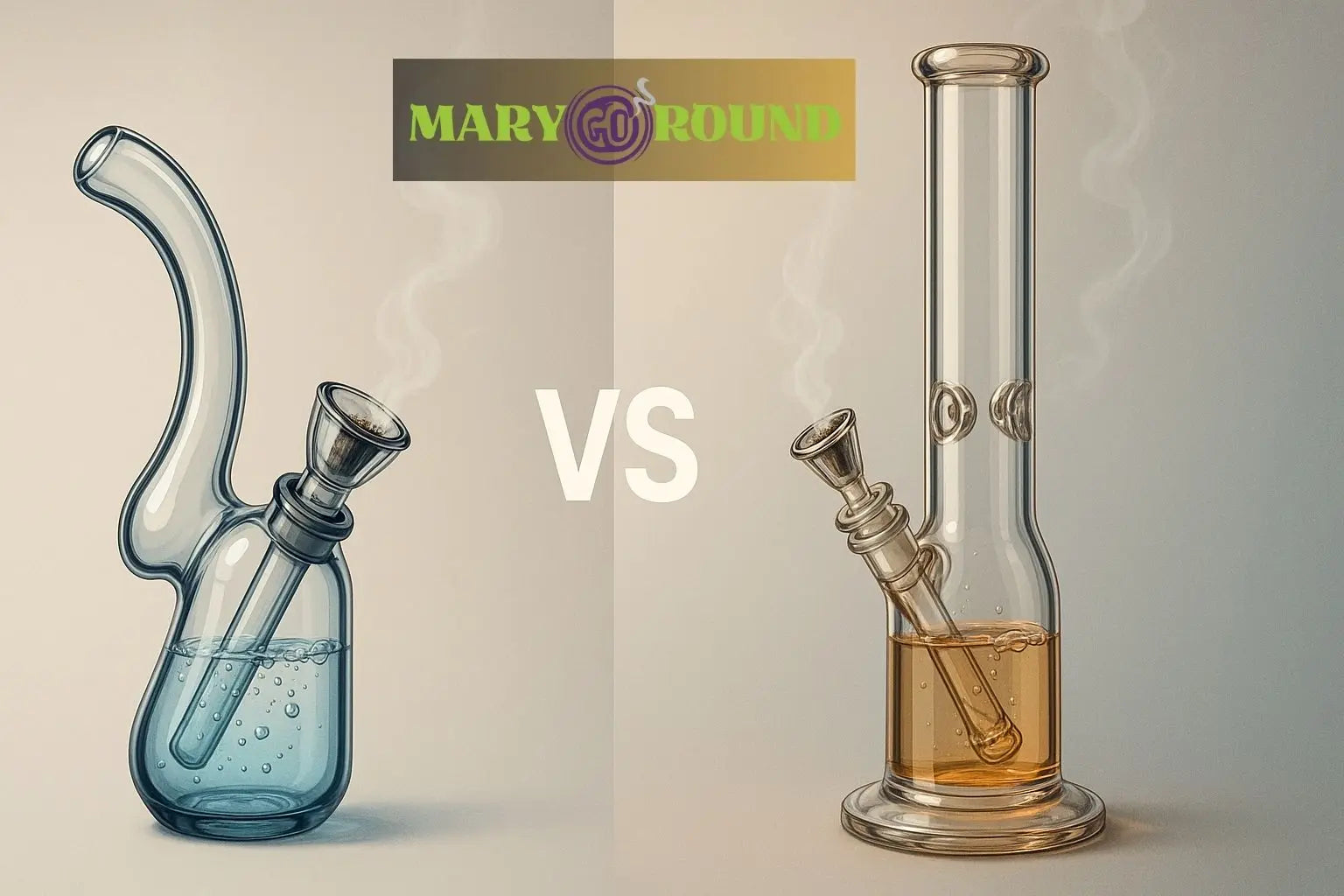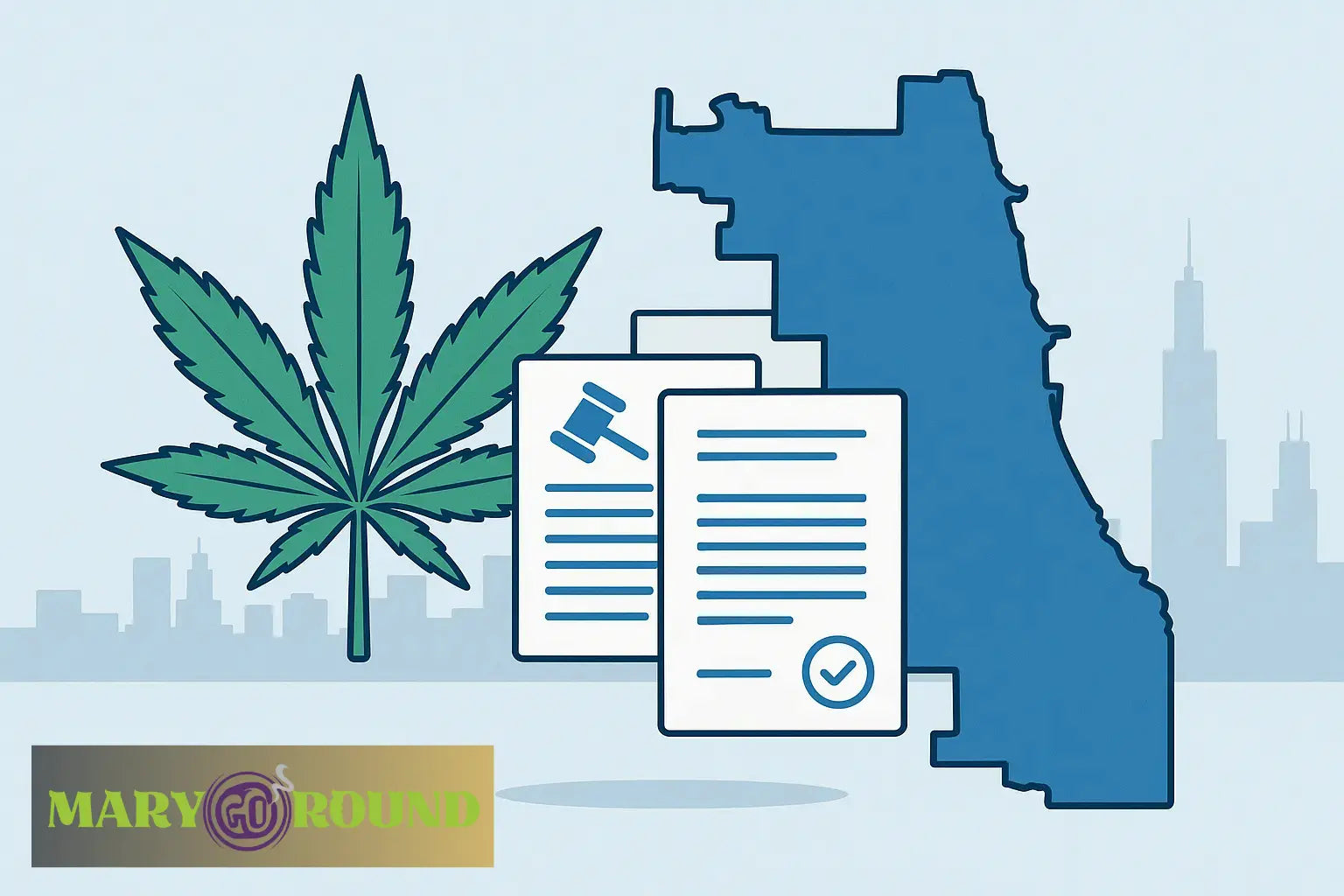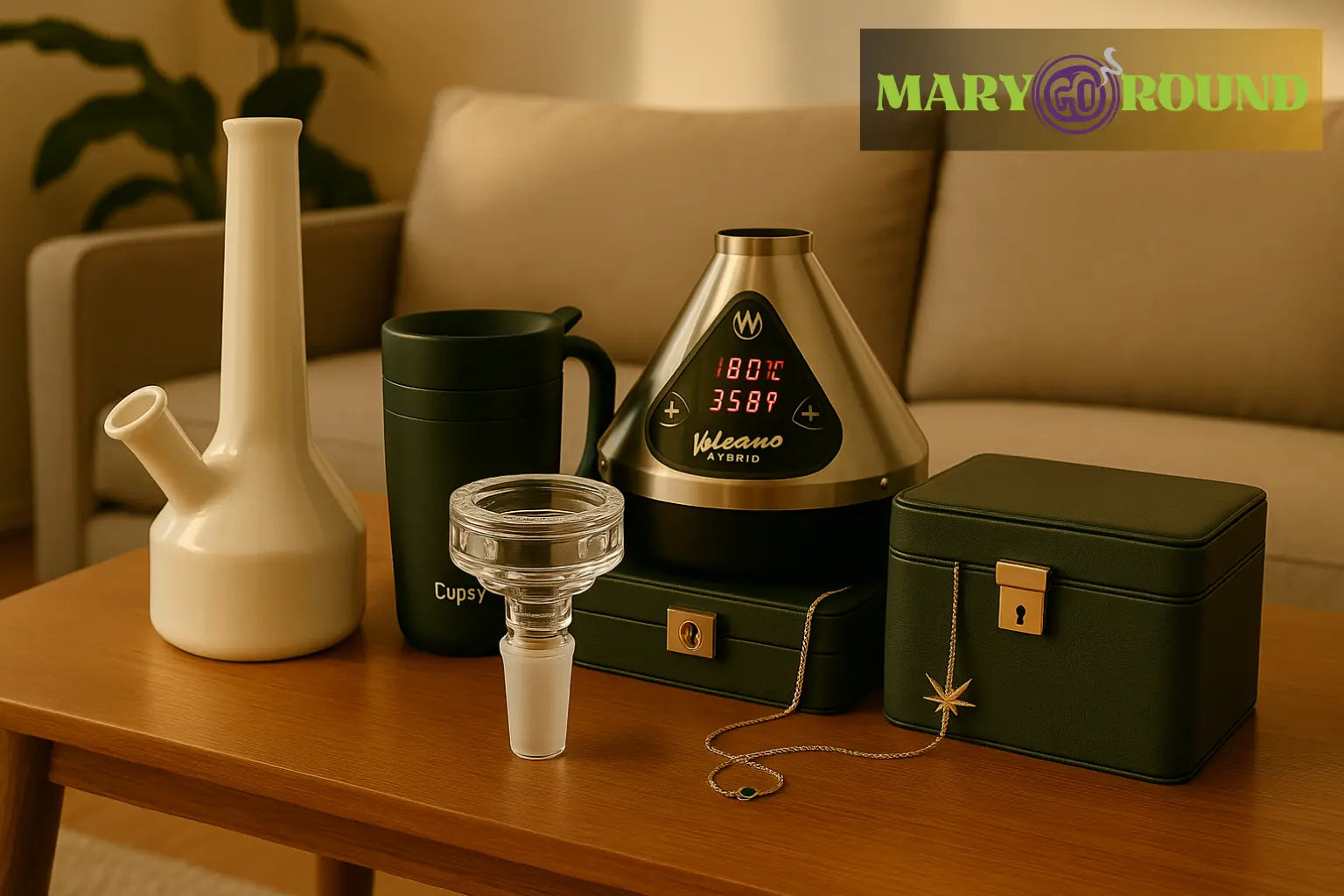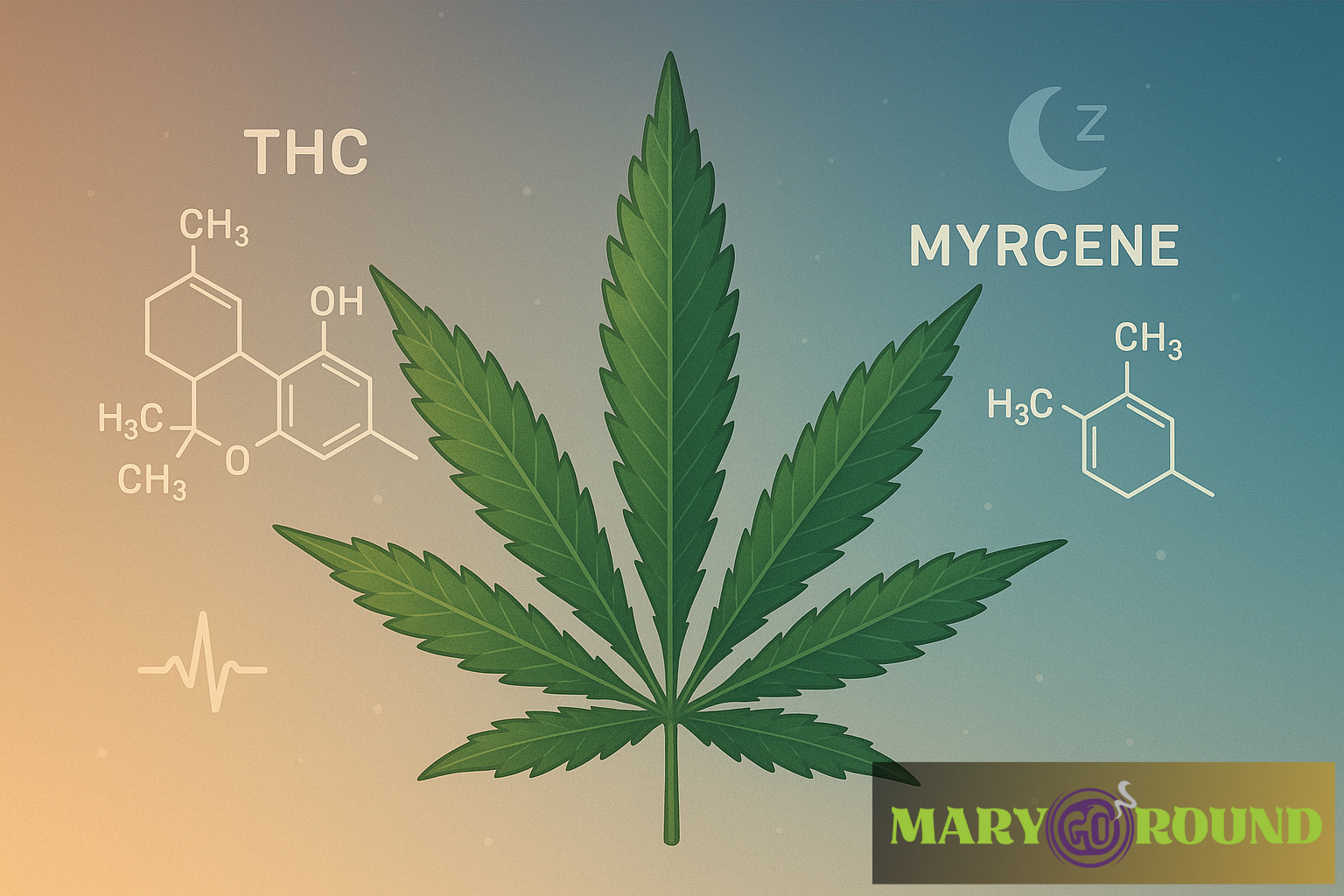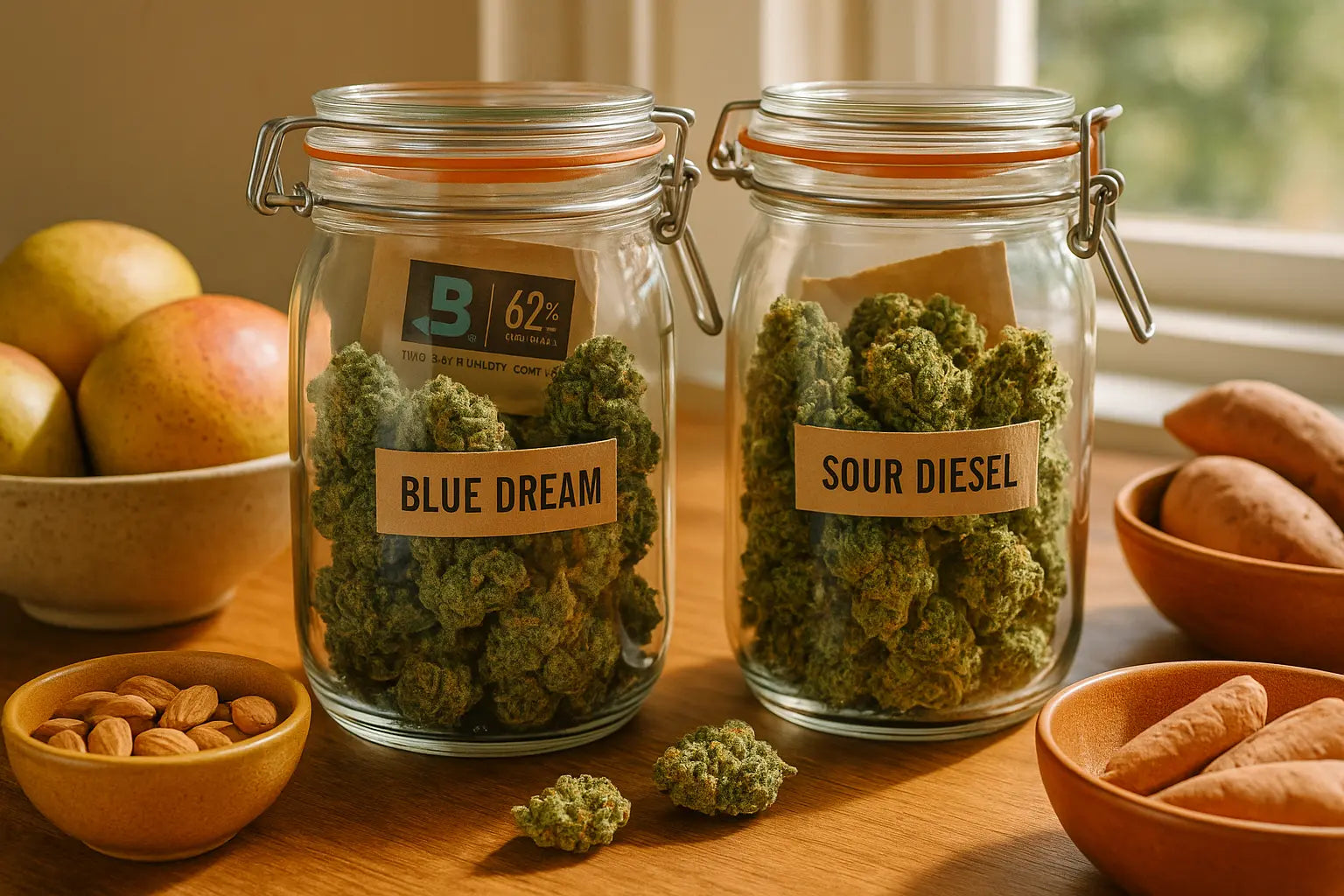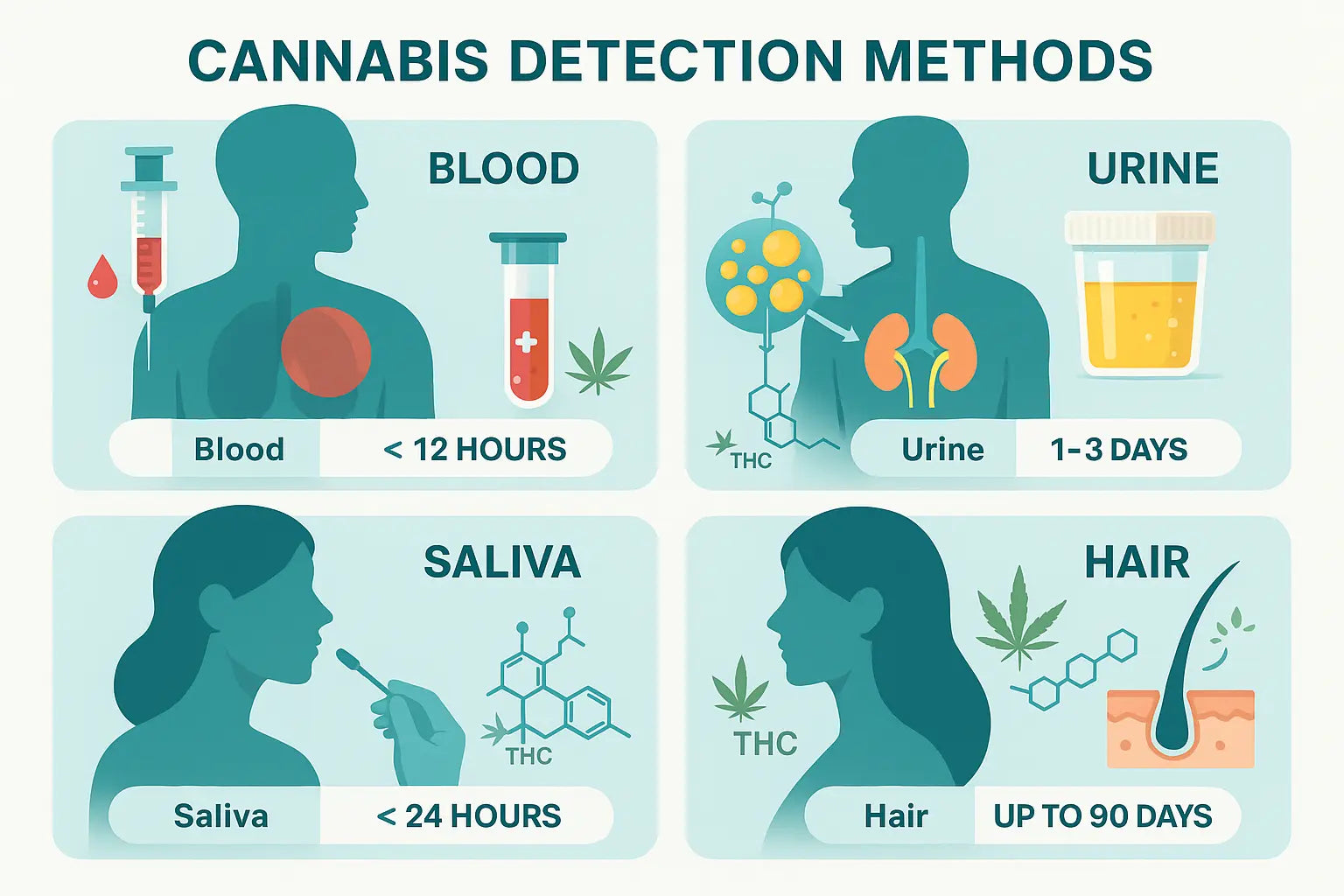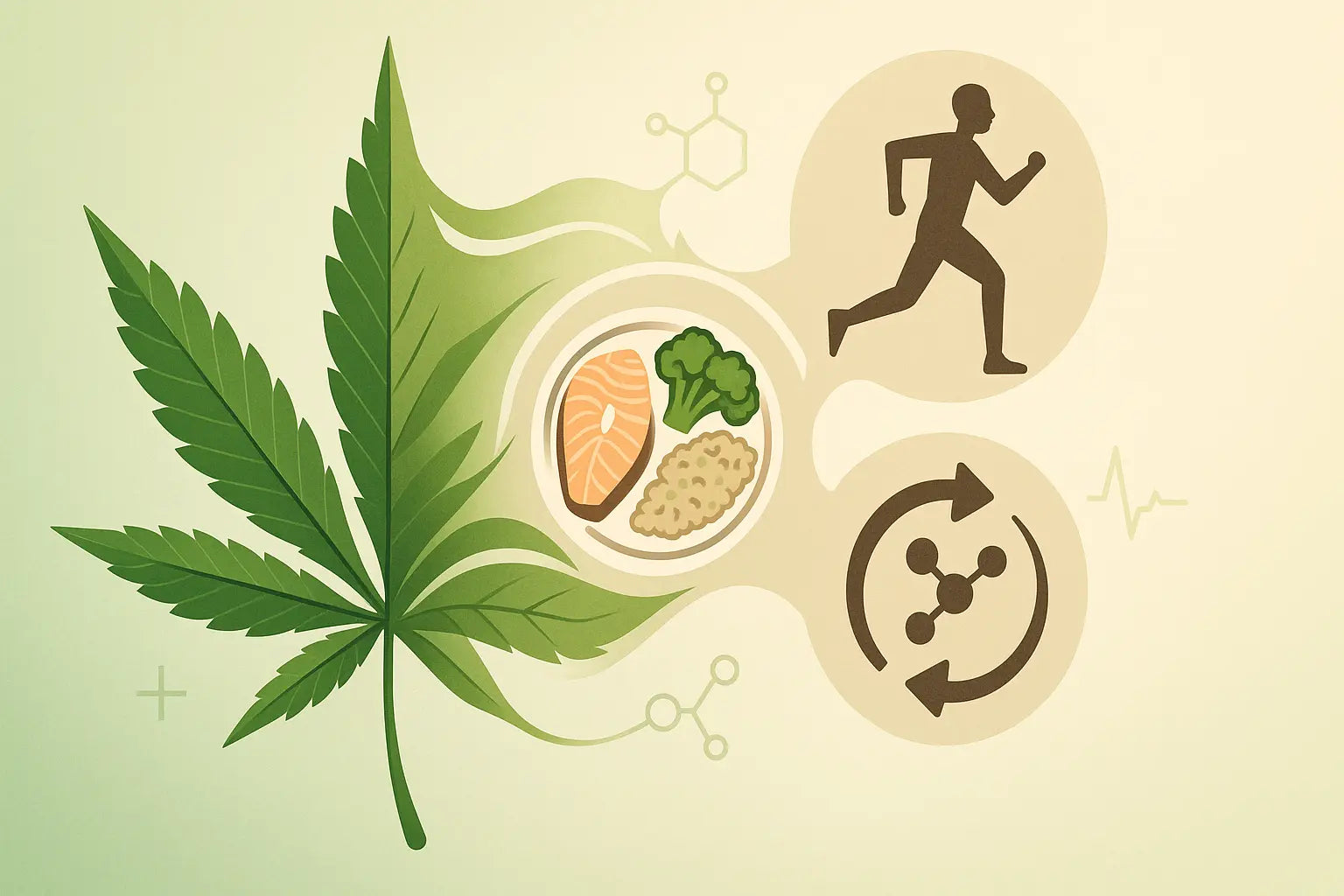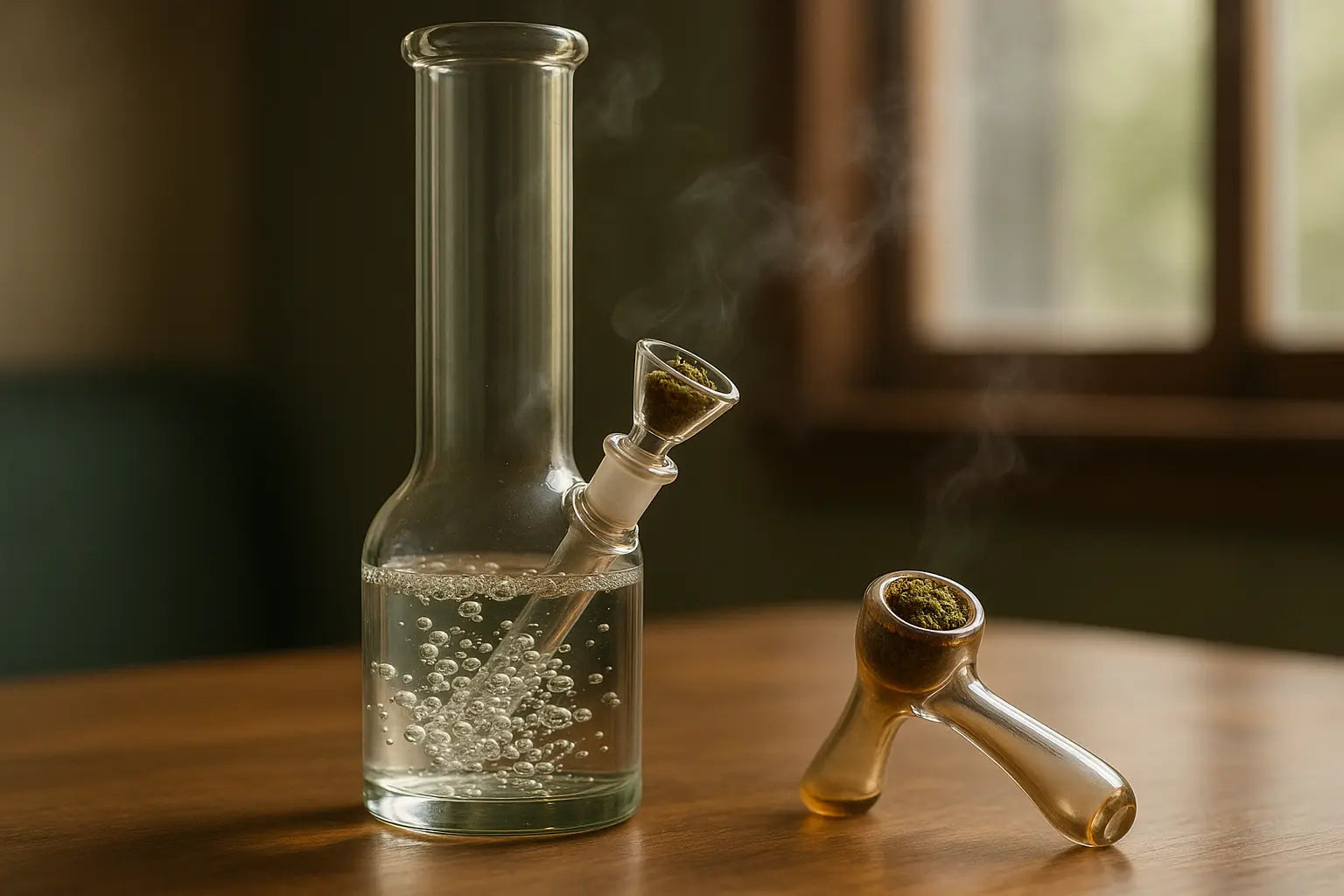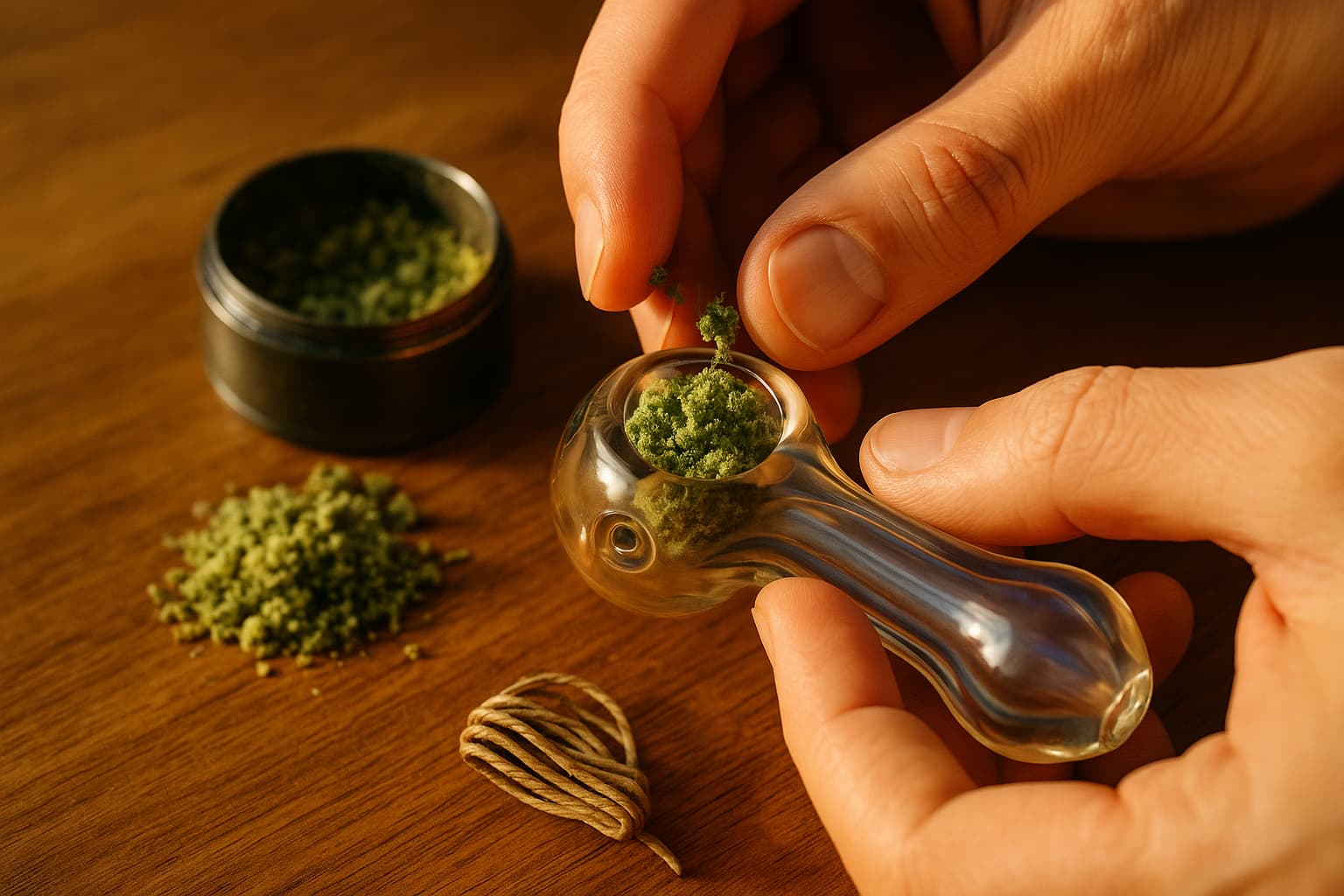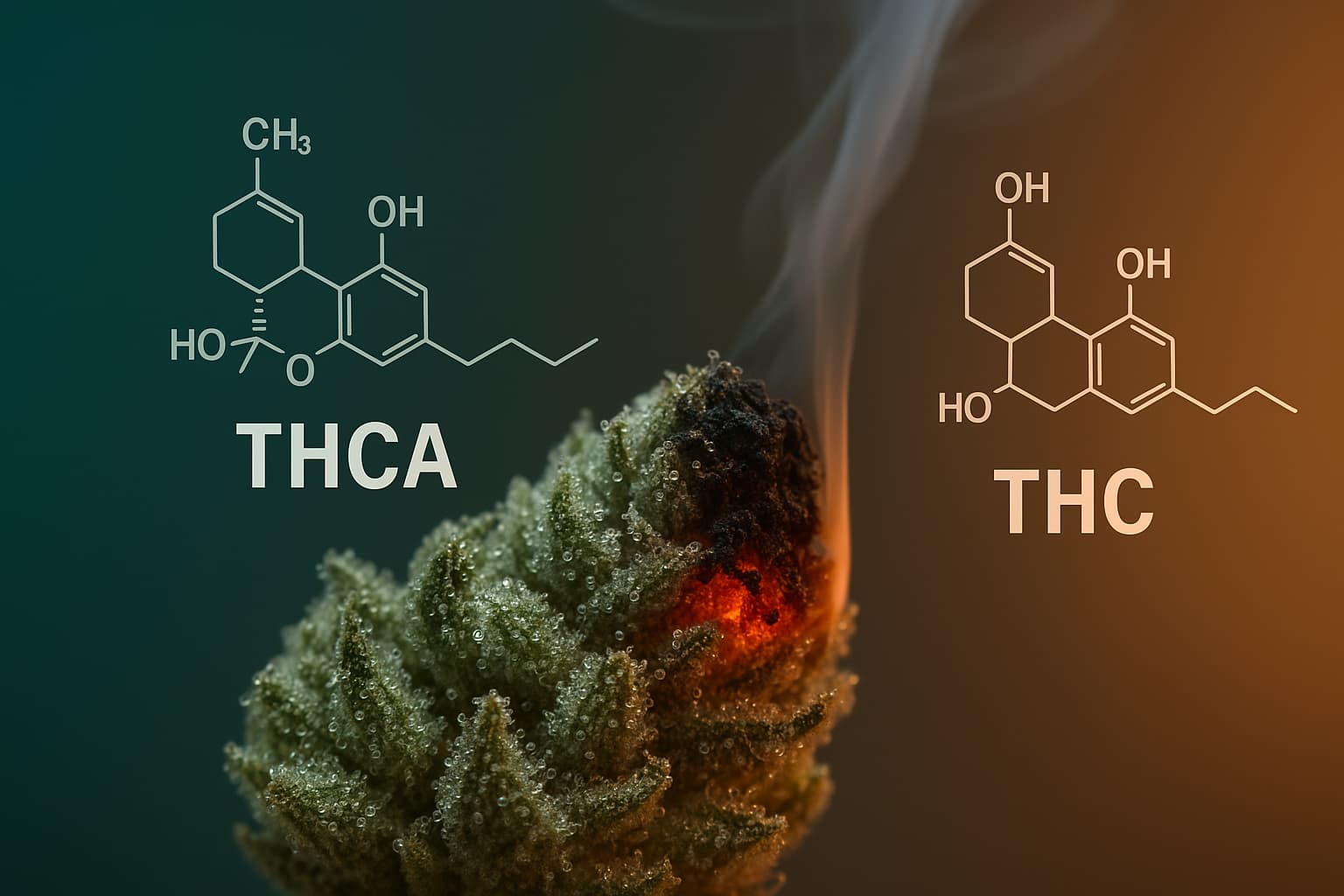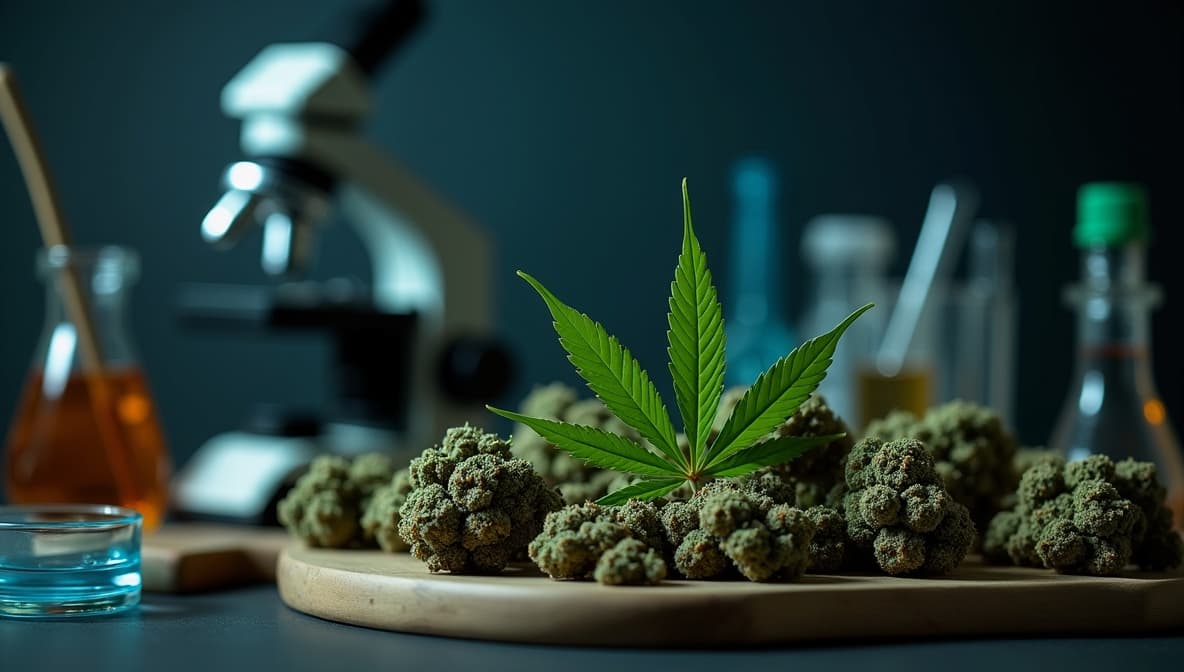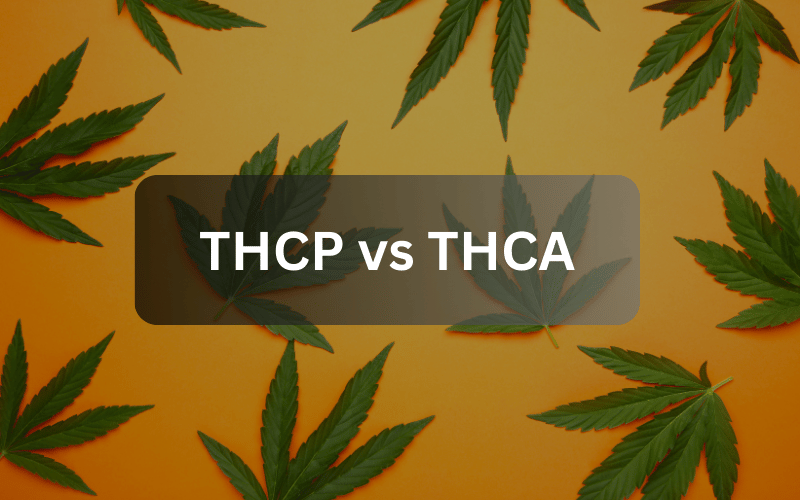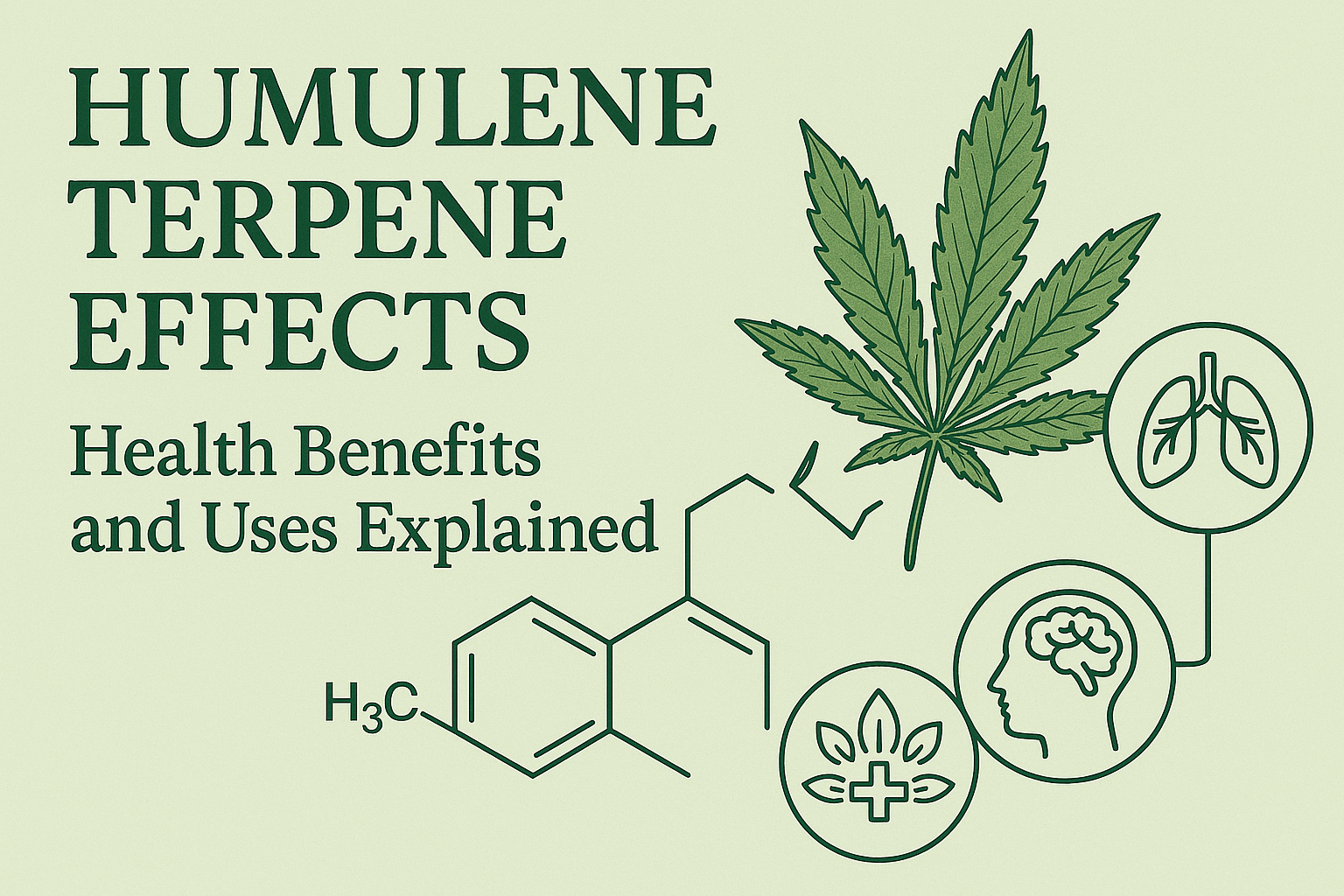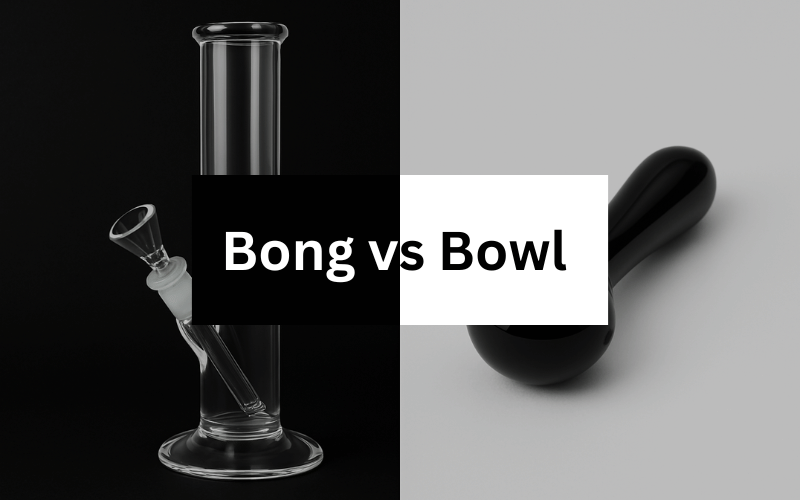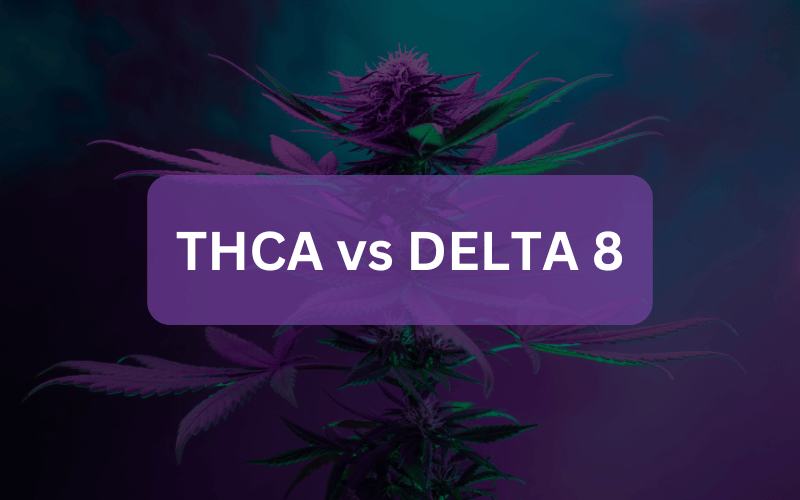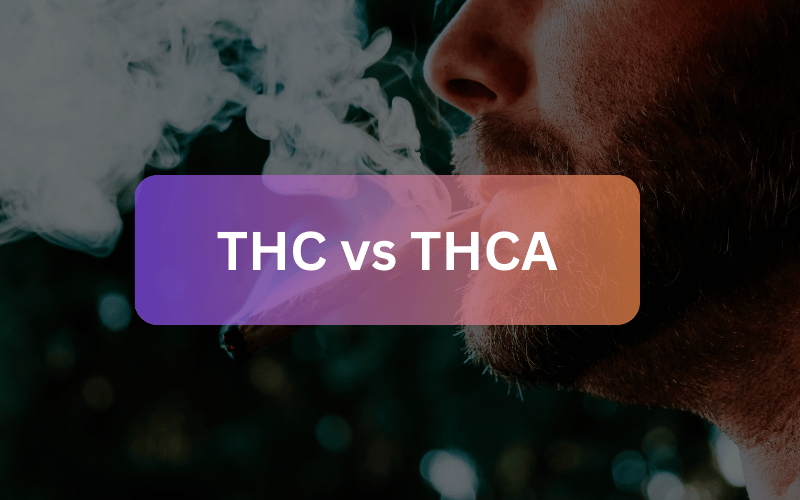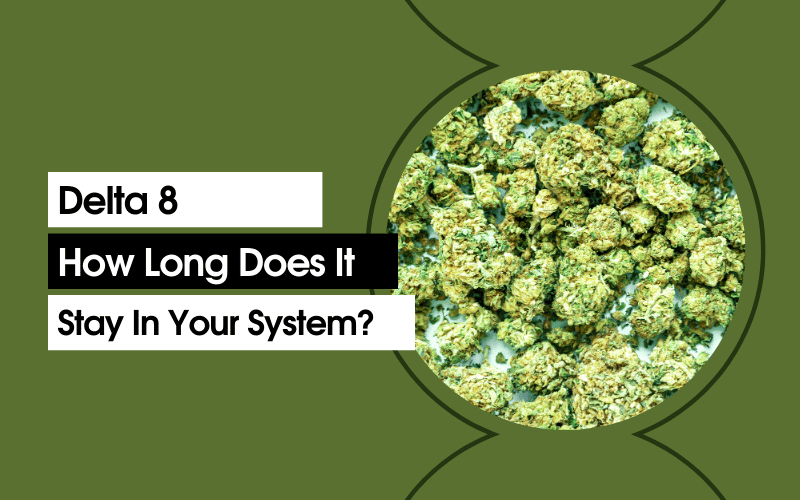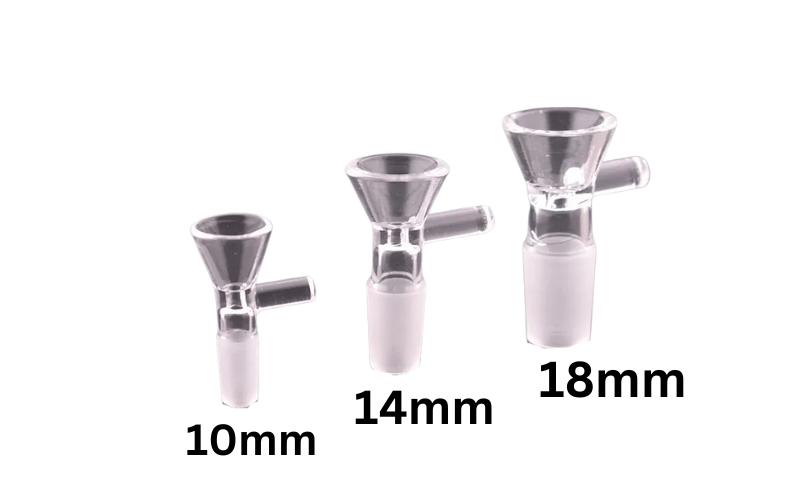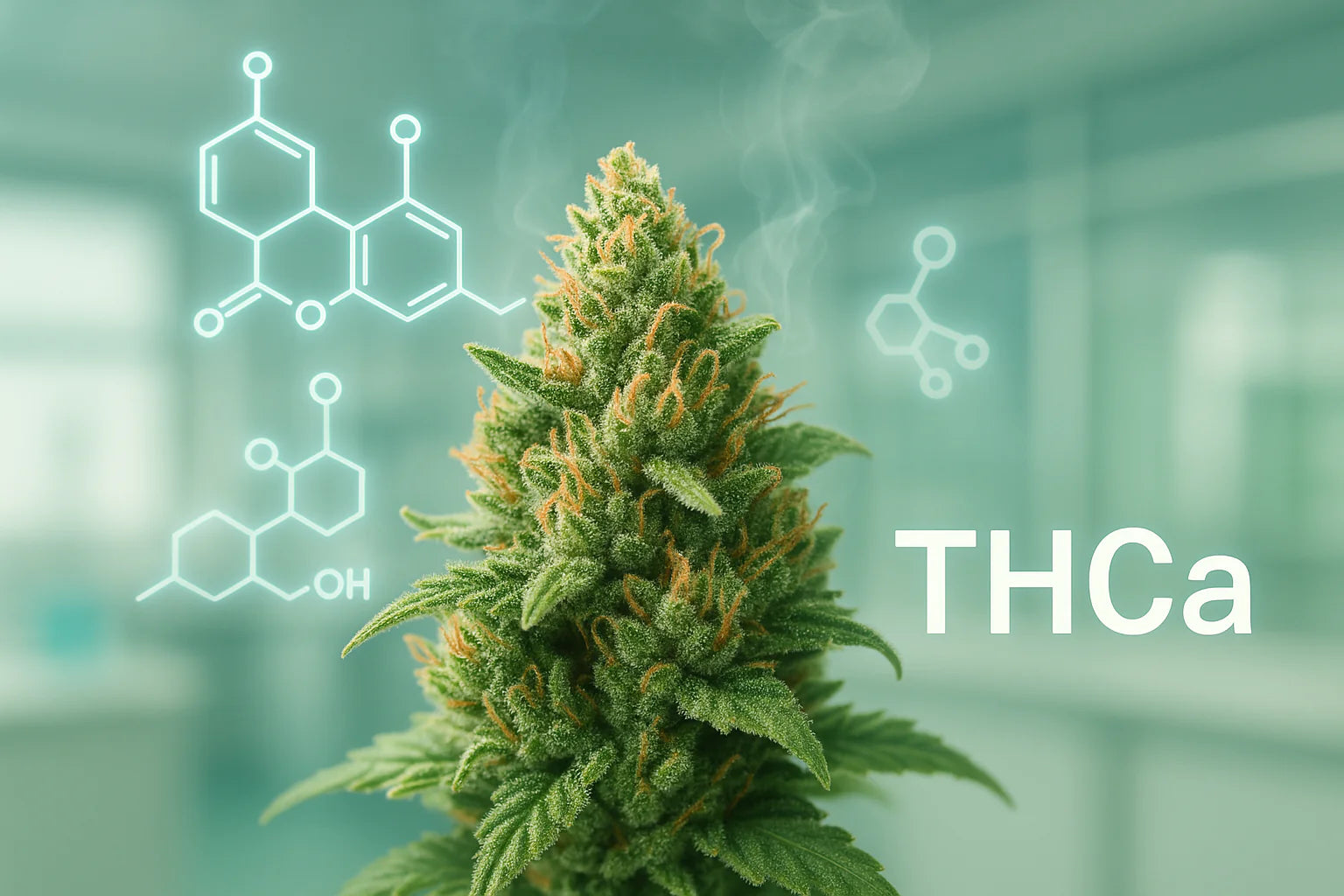
Is THCa Safe to Smoke? Essential Facts & Tips
Posted by Tom Wittneben on
Is smoking THCa safe? If you’re exploring cannabis products, this question might be on your mind. THCa, a naturally occurring compound in raw cannabis, offers potential health benefits without the high of THC, making it a hot topic in the cannabis market.
But does lighting up THCa flowers pose health risks, or is it a safe choice? This guide breaks down the safety of smoking THCa, its benefits, consumption methods, and tips to keep you in the clear, so you can decide with confidence.
Key Takeaways
-
THCa is non-psychoactive and offers therapeutic benefits without the high associated with THC.
-
Smoking THCa can be safe in moderation, but using lab-tested products is crucial to avoid contaminants.
-
Vaping and consuming THCa through edibles or tinctures are safer alternatives that provide therapeutic effects without smoking.
Understanding THCa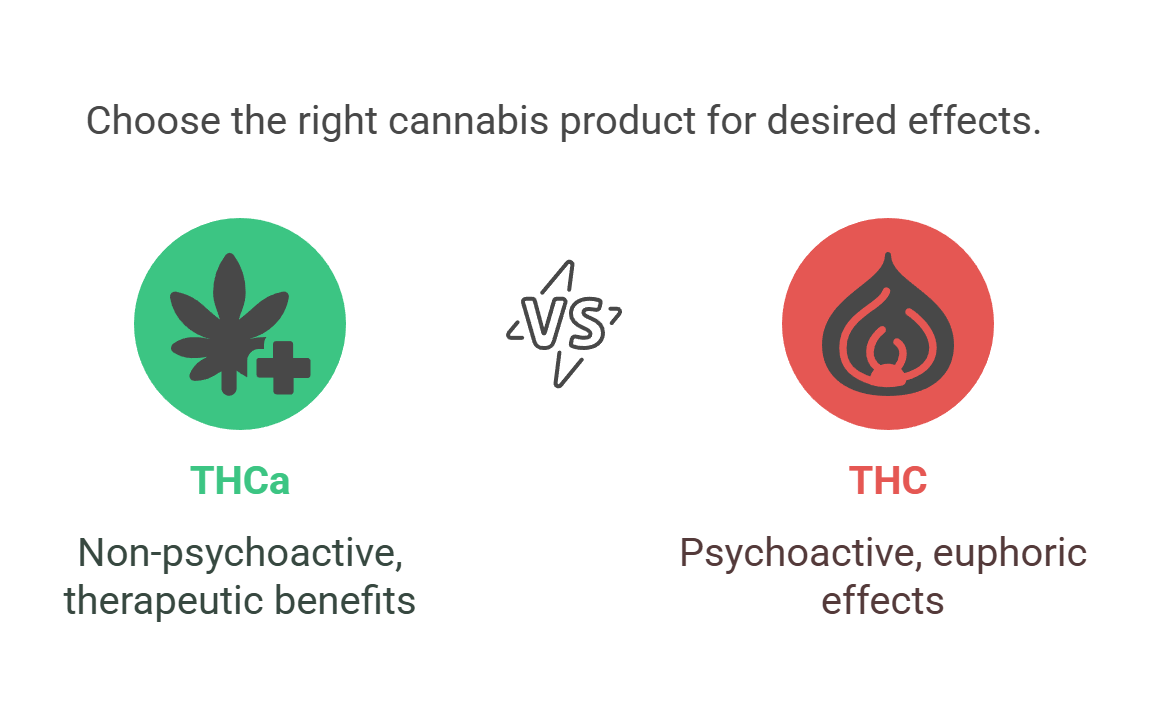
THCa, or tetrahydrocannabinolic acid, is a naturally occurring compound found in raw cannabis plants. Unlike THC, the psychoactive compound responsible for cannabis’s high, THCa in its raw form doesn’t produce psychoactive effects.
This makes it a go-to for those seeking cannabis’s wellness perks without feeling buzzed. THCa interacts with your body’s endocannabinoid system, which regulates mood, appetite, and pain perception, offering potential benefits like anti-inflammatory properties.
The big difference between THCa and THC?
THCa won’t get you high until it’s heated. However, when it converts to THC through heat, it unlocks euphoria, but in its raw state, it’s all about therapeutic effects.
Knowing this distinction helps you choose the right cannabis products for your goals, whether you’re after pain relief or just curious about THCa’s unique properties.
That said, understanding THCa’s role is key before diving into consumption. Talk to a healthcare professional if you have medical conditions, as THCa’s effects vary by person.
Whether you’re a seasoned cannabis user or new to the scene, grasping how THCa works sets you up for safe, informed decisions.
Safety of Smoking THCa
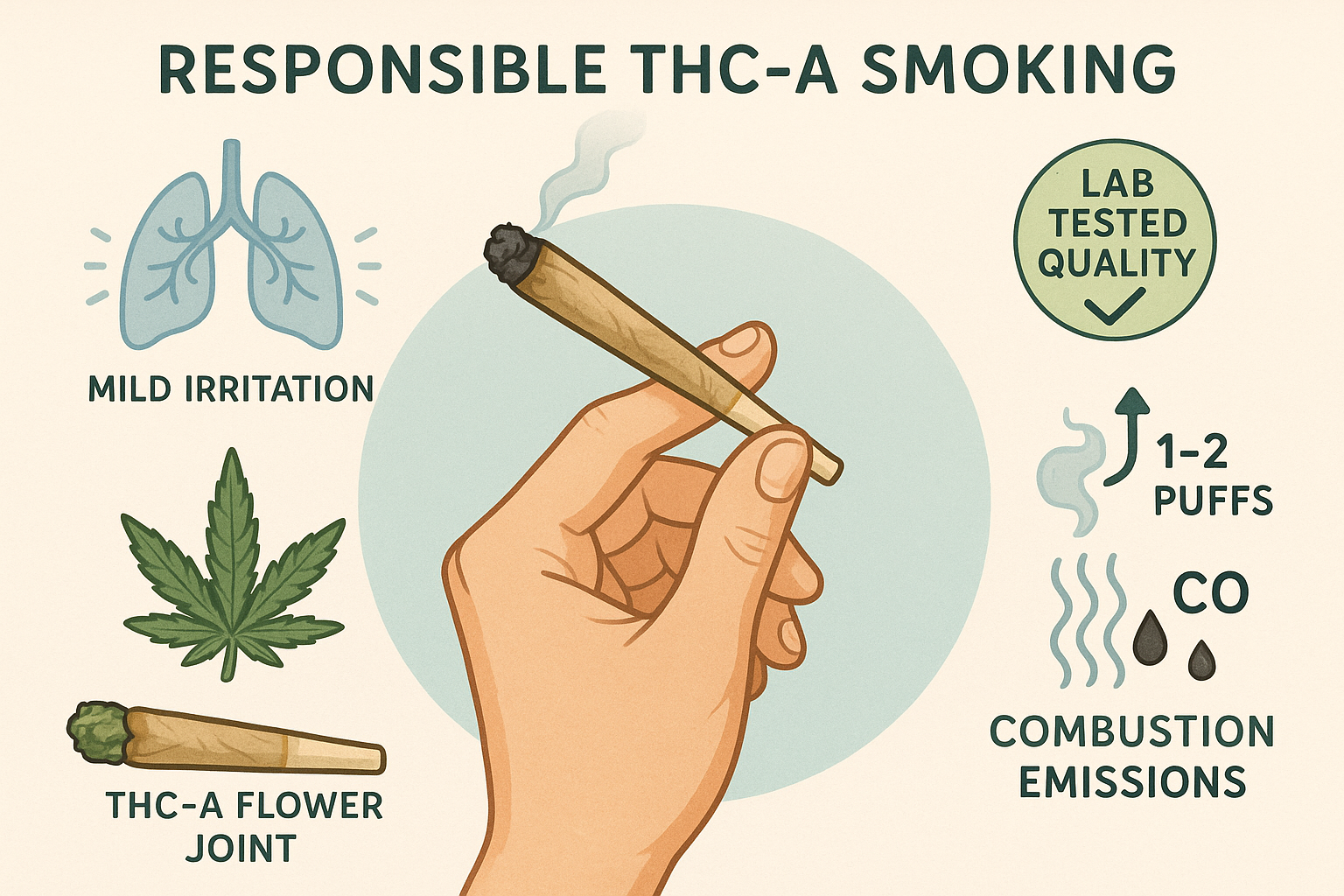
Smoking THCa can be safe when done responsibly, but it’s not risk-free. Like any smoking method, it may expose you to harmful substances from combustion, like tar or carbon monoxide.
According to a study, smoking cannabis, including THCa flower, increases lung irritation risk, compared to vaping. This potential lung health concern makes moderation key.
By the way, higher doses of THCa may amplify side effects, like throat irritation or dizziness. Therefore, start with one or two puffs to gauge your body’s reaction, especially if you’re new to smoking THCa flower.
The safety of smoking THCa hinges on product quality, which means that lab-tested THCa products are a must to avoid harmful chemicals like pesticides or heavy metals, which can pose health risks.
On another note, consult a healthcare professional before smoking THCa, especially if you have respiratory issues. Using lab-tested products and sticking to low doses can minimize adverse effects.
So, is THCa safe to smoke? With pure products and smart habits, you can enjoy its benefits while keeping risks low.
How THCa Converts to THC
THCa transforms into THC through decarboxylation, a process triggered by heat. When you smoke or vaporize THCa flower, heat removes a carboxyl group, turning non-psychoactive THCa into the psychoactive THC. This conversion is why smoking THCa delivers the euphoria THC is known for, unlike raw THCa, which stays non-psychoactive.
For instance, if you’re chasing THC’s high, smoking or vaping heated THCa is the way to go. But if you prefer THCa’s therapeutic benefits without psychoactive effects, skip the heat and try edibles or tinctures. Knowing this process helps you pick the right consumption method for your needs.
Methods to Consume THCa
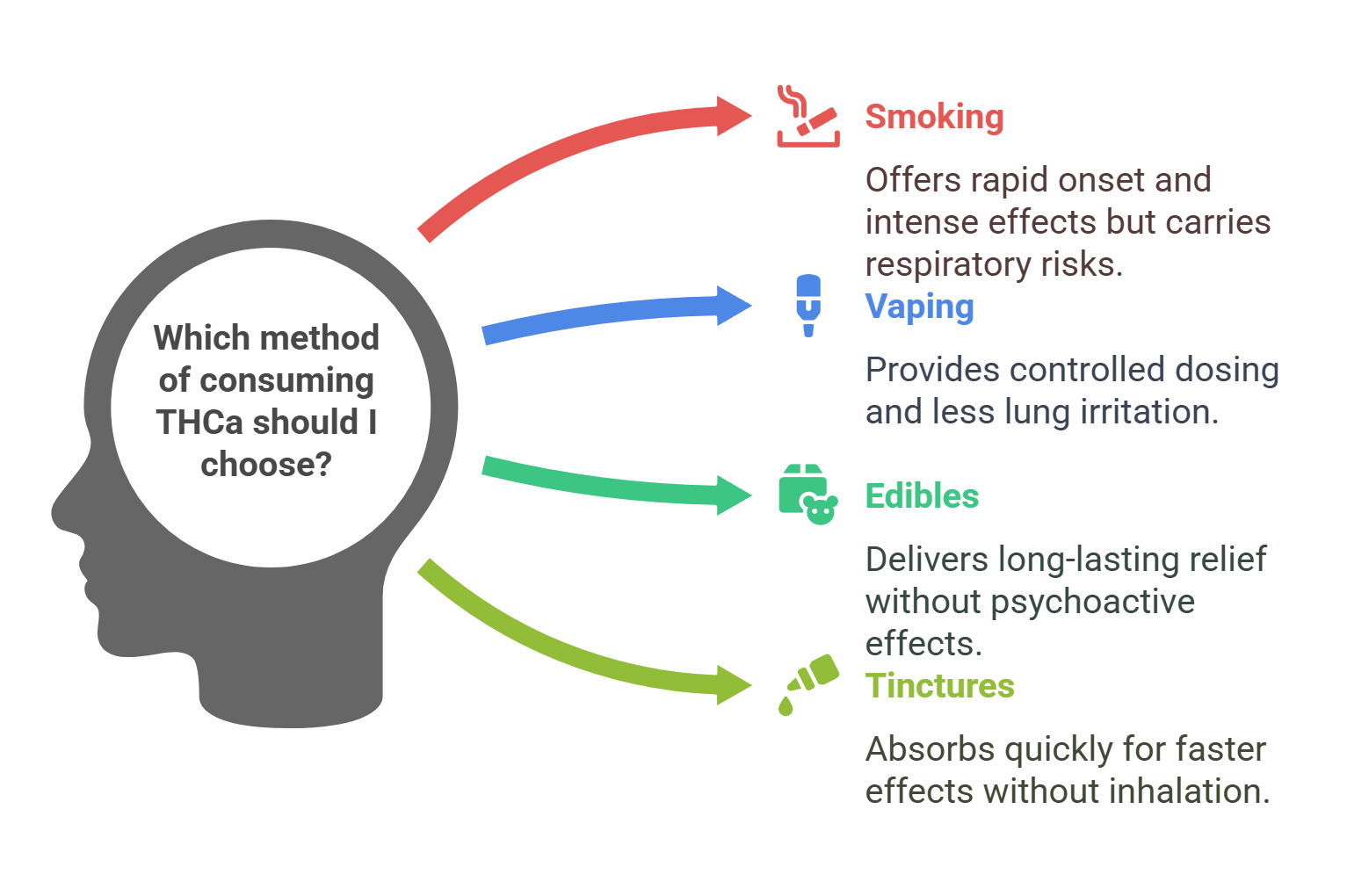
THCa offers multiple consumption methods, each with unique perks. You can smoke THCa flower, vape it, or consume THCa through edibles and tinctures, depending on your health goals.
Smoking provides a rapid onset, while vaping and edibles are gentler on your lungs. Other consumption methods, like tinctures, suit those avoiding inhalation entirely.
What’s more, each method varies in safety and effects. Smoking THCa flower might appeal to traditionalists, but vaping or edibles reduce lung health concerns. Let’s explore these options to help you choose the best way to consume THCa safely.
Smoking THCa Flower
Smoking THCa flower is a classic cannabis consumption method, delivering intense effects fast. When you light up, THCa converts to THC, hitting your bloodstream quickly for a euphoric high. Its high bioavailability means you feel relief or uplift within minutes, perfect for seasoned cannabis users seeking instant results.
On the flip side, smoking THCa flower carries potential health risks, like respiratory irritation from plant material combustion. Grind your flower evenly before smoking to ensure consistent heating, and always choose lab-tested THCa products to avoid contaminants. Hemp flower options can also offer similar benefits with legal perks in some areas.
Vaping THCa
Vaping THCa is a smoother alternative to smoking. By heating THCa flower without burning it, vaping reduces exposure to harmful substances like tar. It offers controlled dosing and similar effects to smoking, but with less lung irritation, making it a safer bet for health-conscious cannabis consumers.
Edibles and Tinctures
Edibles and tinctures are non-smoking ways to consume THCa. In its raw form, THCa stays non-psychoactive, delivering therapeutic benefits like anti-inflammatory effects without a high. Edibles, like gummies, take 30 minutes to two hours to kick in, offering long-lasting relief. Tinctures, taken under the tongue, absorb faster for quicker effects.
By contrast, these methods are great for avoiding lung health concerns. They appeal to users seeking wellness benefits, such as pain relief or reduced inflammation, without euphoria. Always check lab reports when purchasing THCa products to ensure quality and safety.
Potential Health Benefits of THCa
THCa’s potential health benefits make it a rising star in cannabis research. Research has found that THCa has anti-inflammatory properties, potentially easing conditions like inflammatory bowel disease and arthritis. This makes it a natural option for managing chronic inflammation.
Meanwhile, THCa shows neuroprotective effects, which could help with neurodegenerative diseases like Alzheimer’s or Parkinson’s. It may also slow cancer cell growth and boost appetite, aiding patients with cachexia or anorexia. More research is needed, but THCa’s therapeutic benefits are promising for health-conscious users.
Detecting Low-Quality THCa Products
Low-quality THCa products can pose health risks, so quality matters. That's why looking for lab-tested THCa products cannot be overemphasized. Signs of poor quality include unusual smells, sticky textures, or unusual crystallization patterns, which suggest contamination or improper processing.
All things considered, check lab reports for microbial or pesticide residues before buying. High moisture in THCa flowers can lead to mold, so inspect for clumping or odd textures. When purchasing THCa products, prioritize trusted brands to enjoy benefits safely.
Legal Status of THCa
THCa’s legal status depends on where you are. Under the 2018 Farm Bill, THCa is legal federally if it contains less than 0.3% THC, making hemp flower a compliant option. However, state laws vary as some allow THCa’s conversion to THC, while others restrict it under the Controlled Substances Act.
Moving forward, always check local hemp laws before buying THCa products. This ensures you stay compliant while exploring THCa’s benefits. A healthcare professional can also clarify legal nuances if you’re using THCa for medical conditions.
Recommended Dosage for THCa
THCa dosing isn’t one-size-fits-all. It all depends on your tolerance, metabolism, and goals. Beginners should start low, like one or two puffs of THCa flower, to test for adverse effects. No standard guidelines exist, so seasoned cannabis users can adjust based on experience.
On the other hand, talk to a healthcare professional to tailor your dose, especially if you’re managing pain relief or other conditions.
Summary
Conclusively, THCa offers potential benefits without THC’s high, making it a versatile addition to your wellness routine. From anti-inflammatory properties to neuroprotective effects, its therapeutic perks are backed by early research.
Whether you smoke THCa flower, vape, or use edibles, prioritize lab-tested products to consume THCa safely. Check local laws and consult a healthcare professional to navigate legal and health considerations.
Explore THCa’s potential with confidence using quality cannabis products.
Want to pick the perfect bowl for your THCa experience?
Frequently Asked Questions
Is smoking THCa safe?
Smoking THCa can be safe if used responsibly and in moderation, but don’t forget about potential respiratory irritation and harmful byproducts. It’s a good idea to stick with lab-tested products to ensure you’re getting something pure and safe.
How does THCa convert to THC?
THCa converts to THC through decarboxylation, which happens when it’s heated. This process is key to activating THC’s psychoactive effects.
What are the best methods for consuming THCa?
The best ways to enjoy THCa are by smoking the flower, vaping, or trying edibles and tinctures. Choose the method that suits your preferences and health needs for the best experience.
What are the potential health benefits of THCa?
THCa may offer several health benefits, including anti-inflammatory properties and neuroprotective effects that could help with neurodegenerative diseases and cancer. It’s also known to stimulate appetite, which can be beneficial for those dealing with conditions like cachexia or anorexia.
Is THCa legal?
Yes, THCa is federally legal under the 2018 Farm Bill if it contains less than 0.3% THC, but you’ll want to check your local laws, as state regulations can differ.

